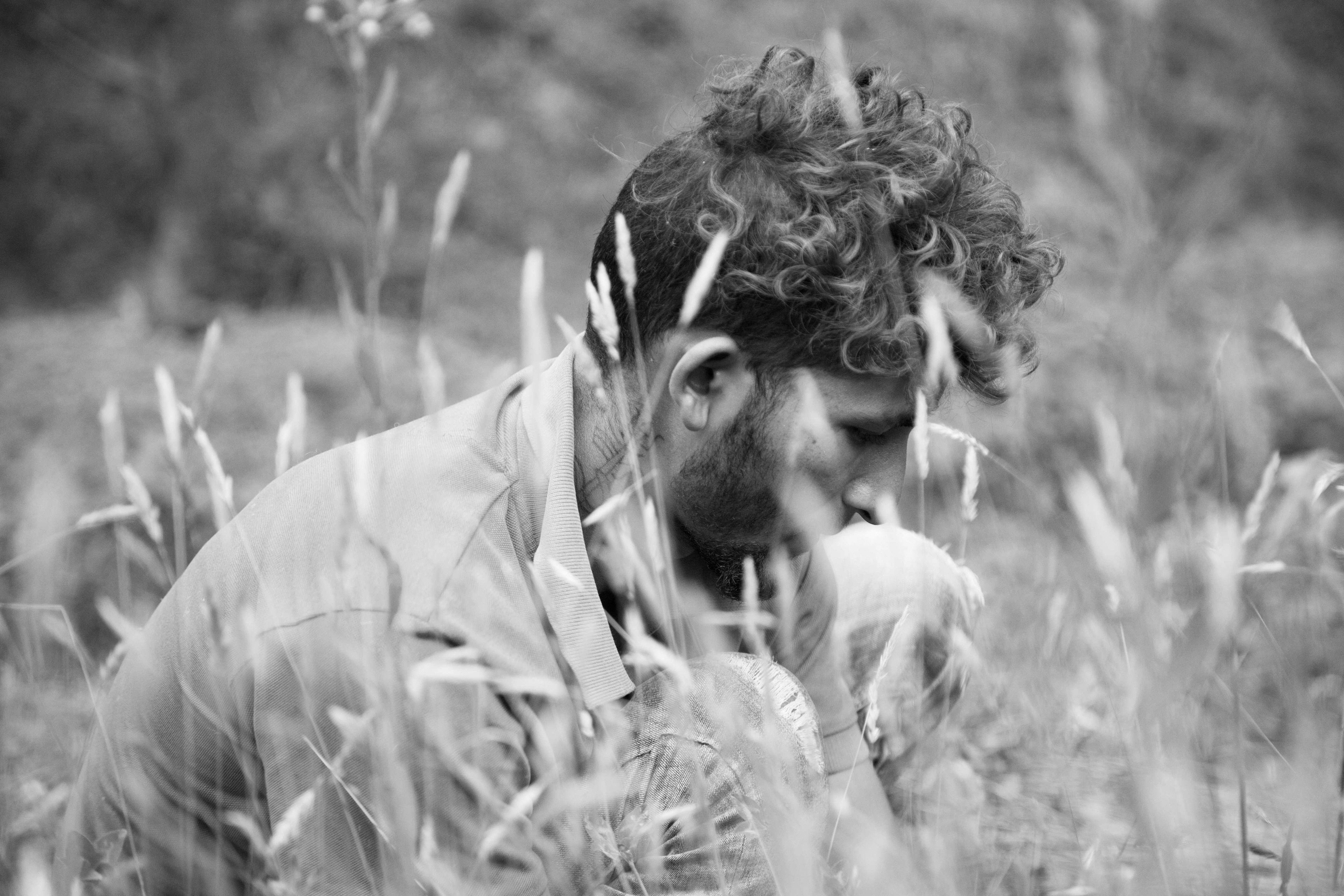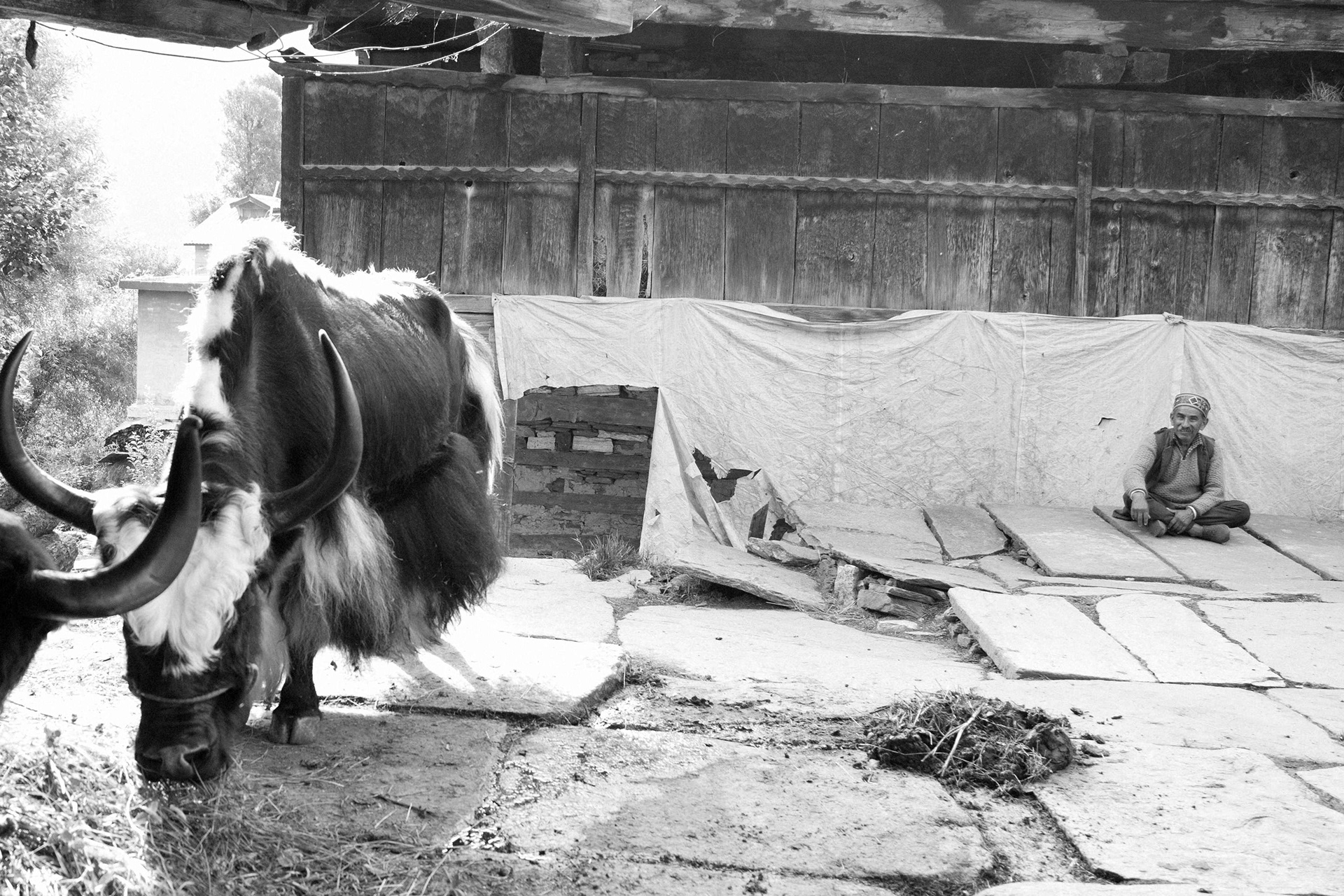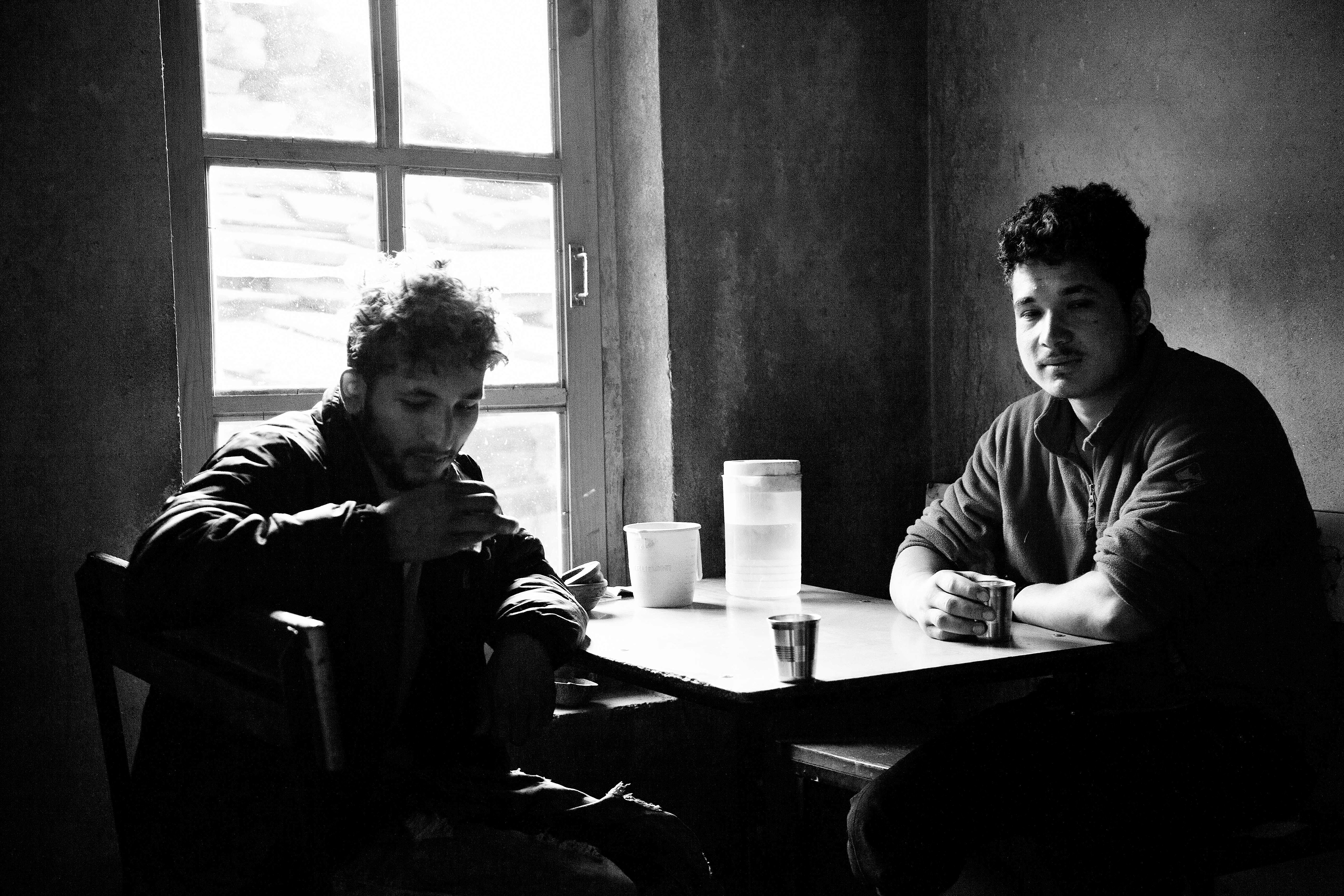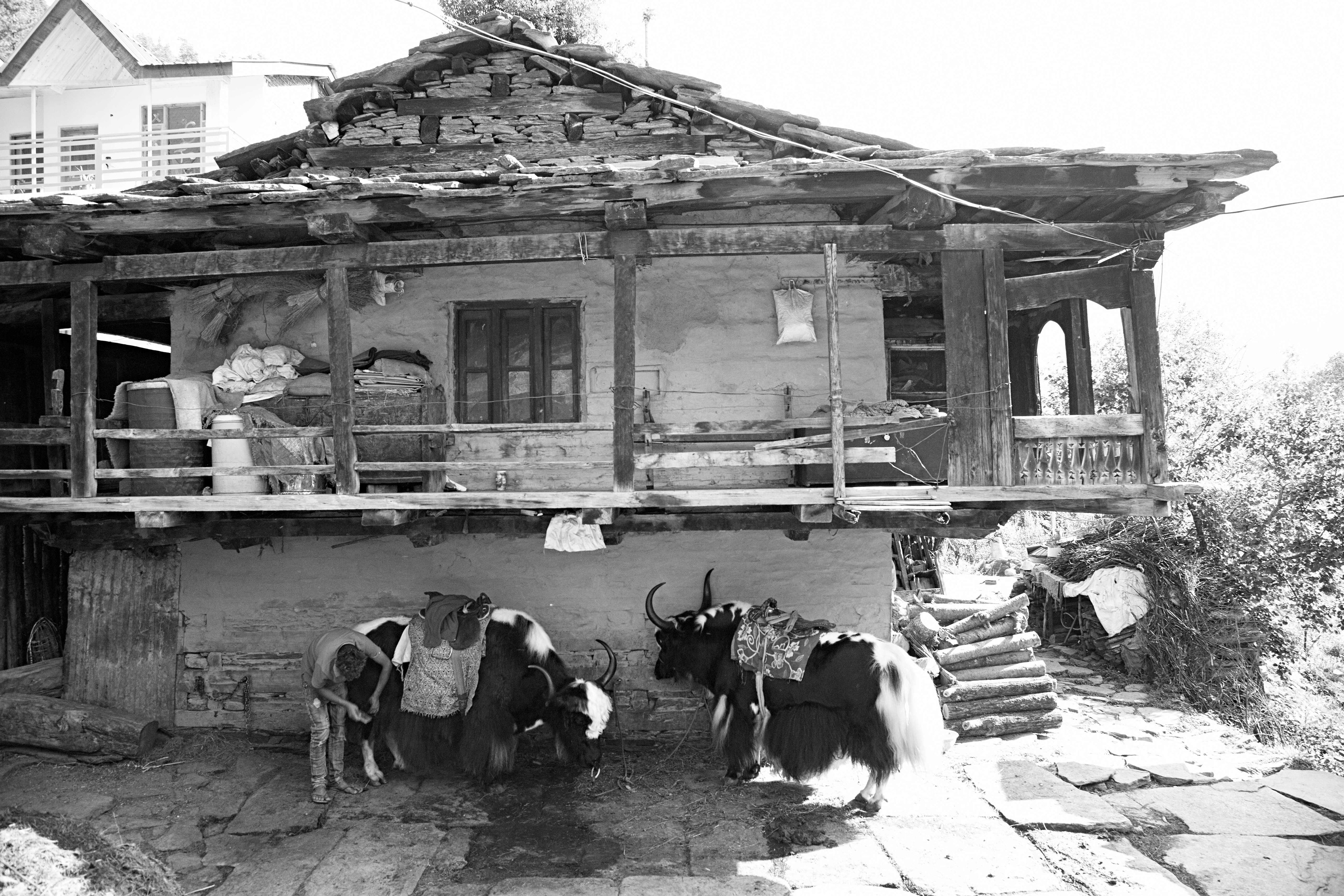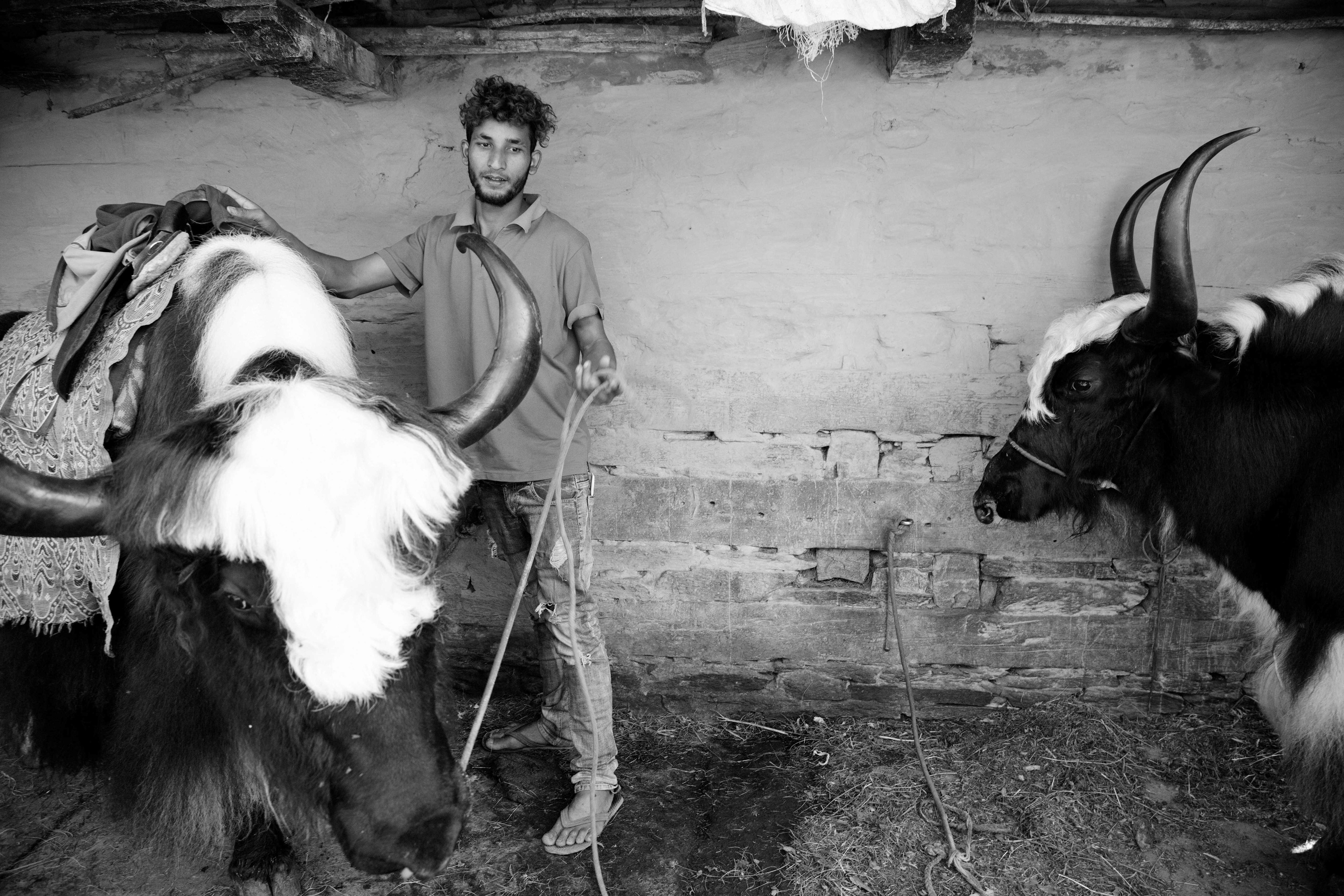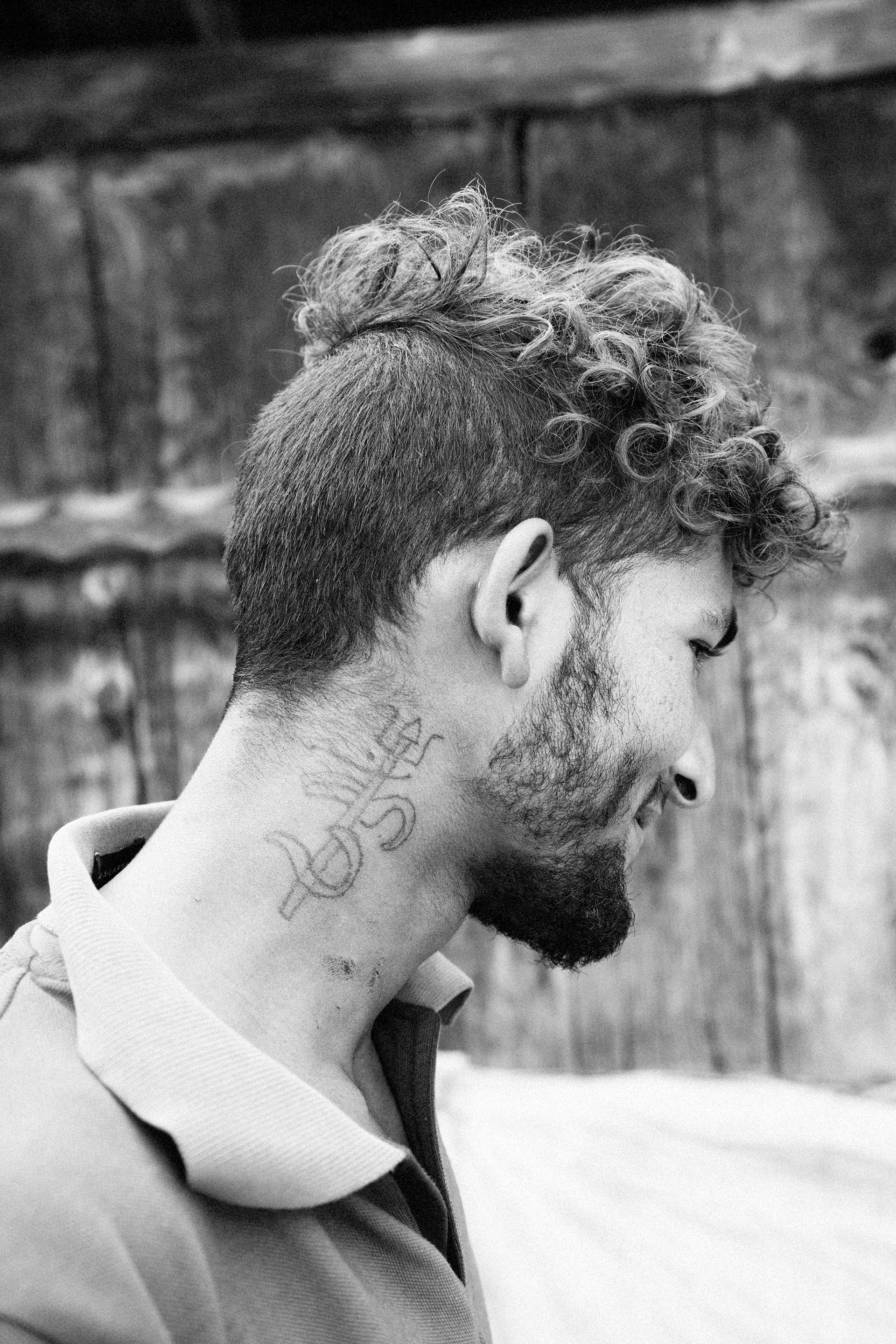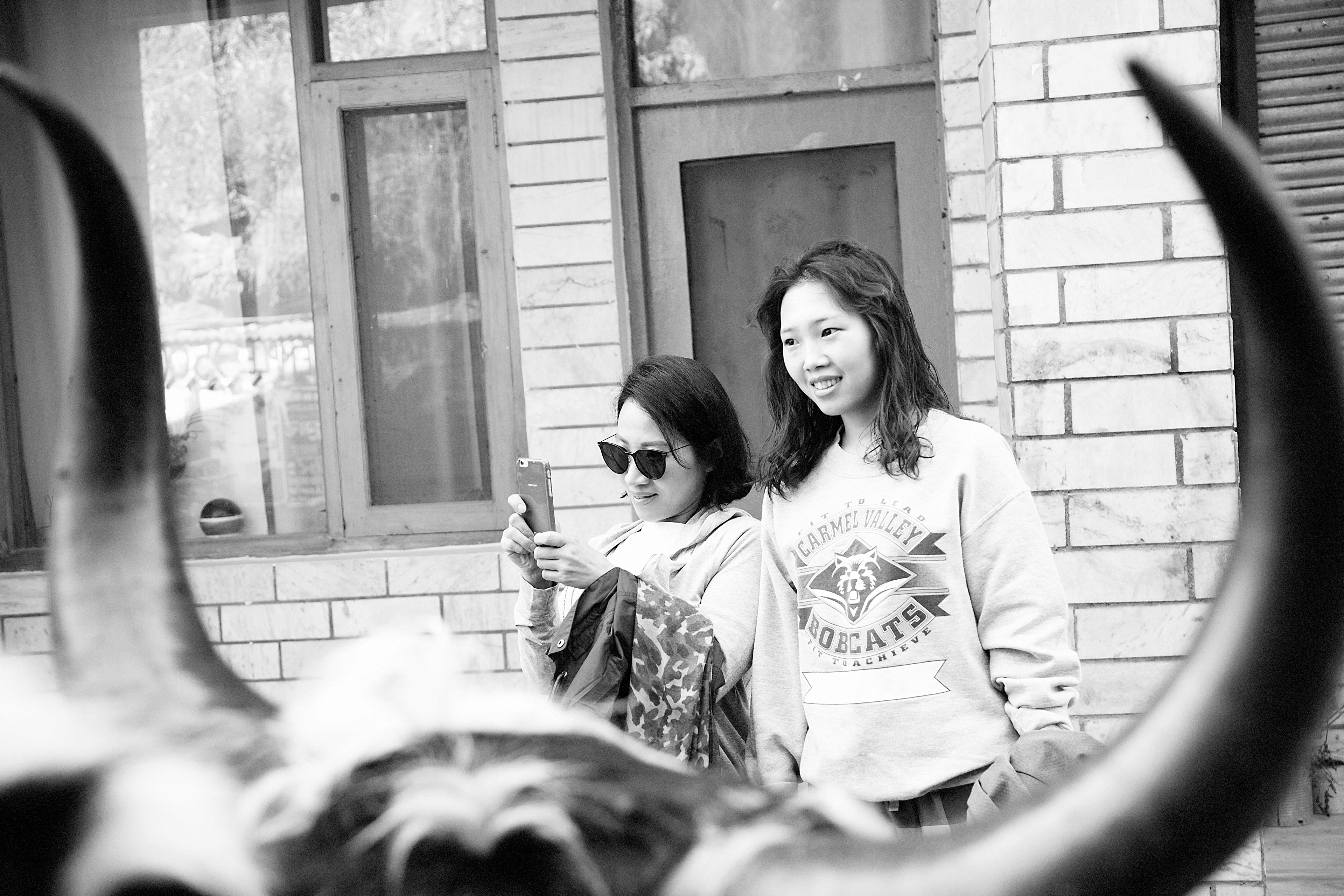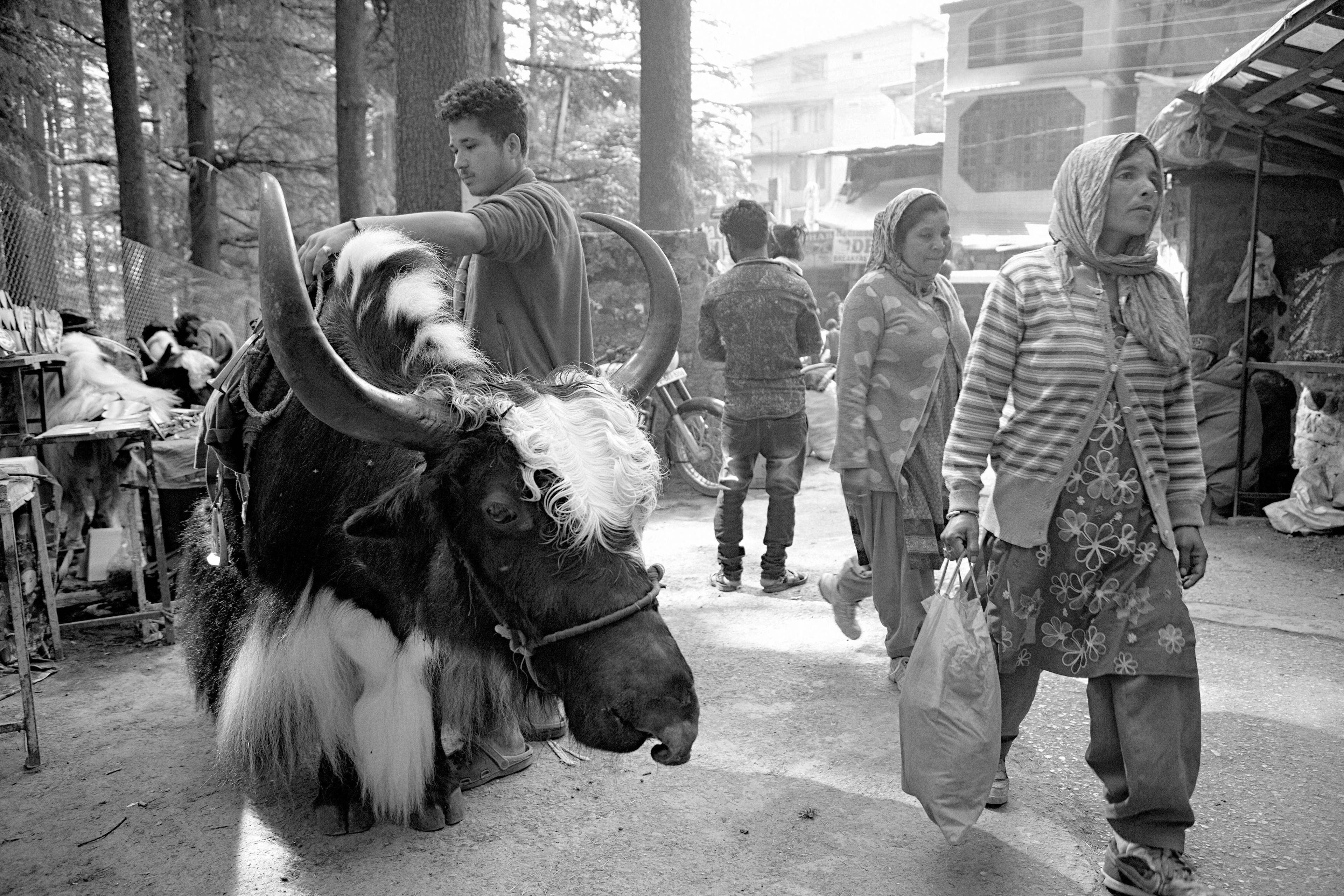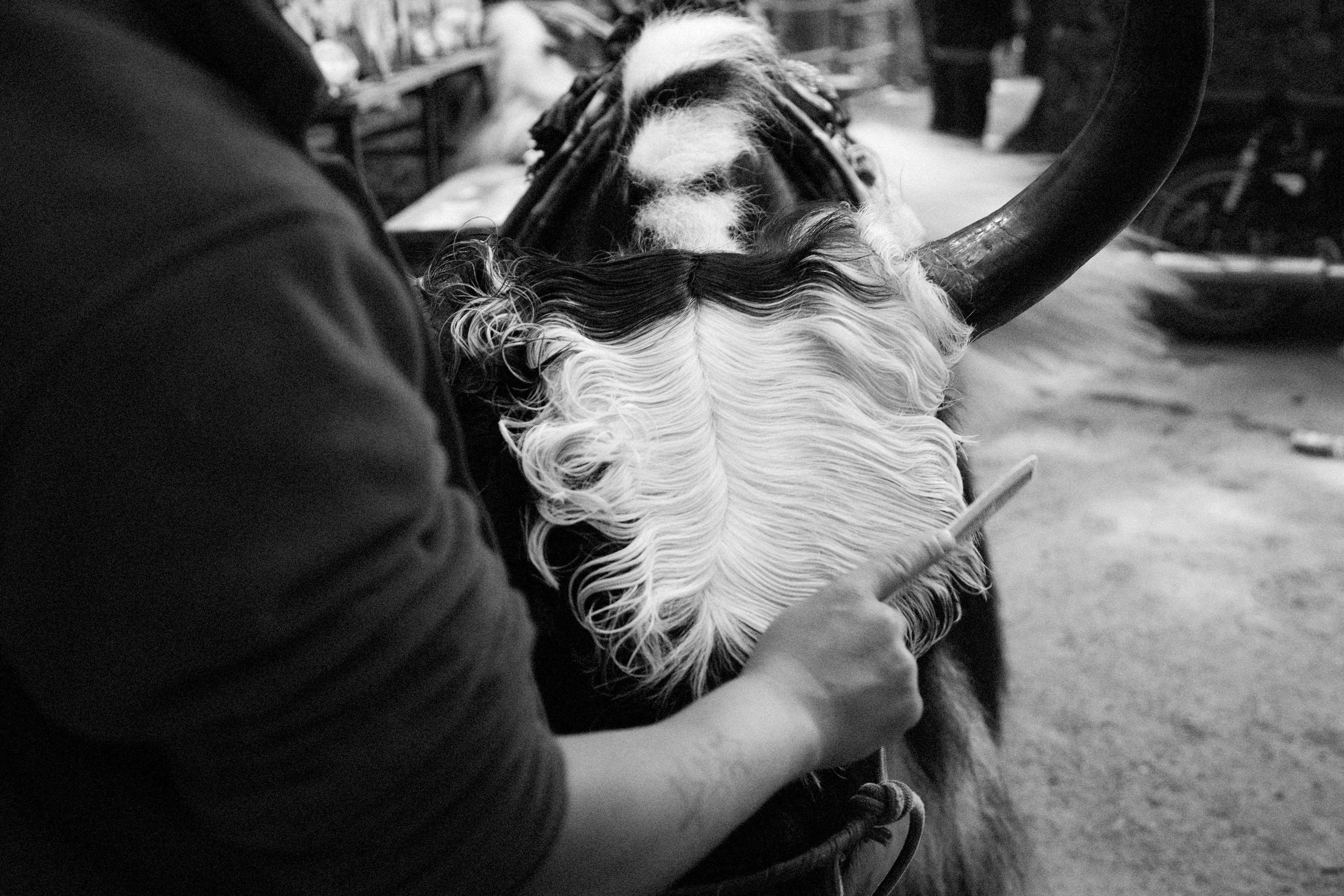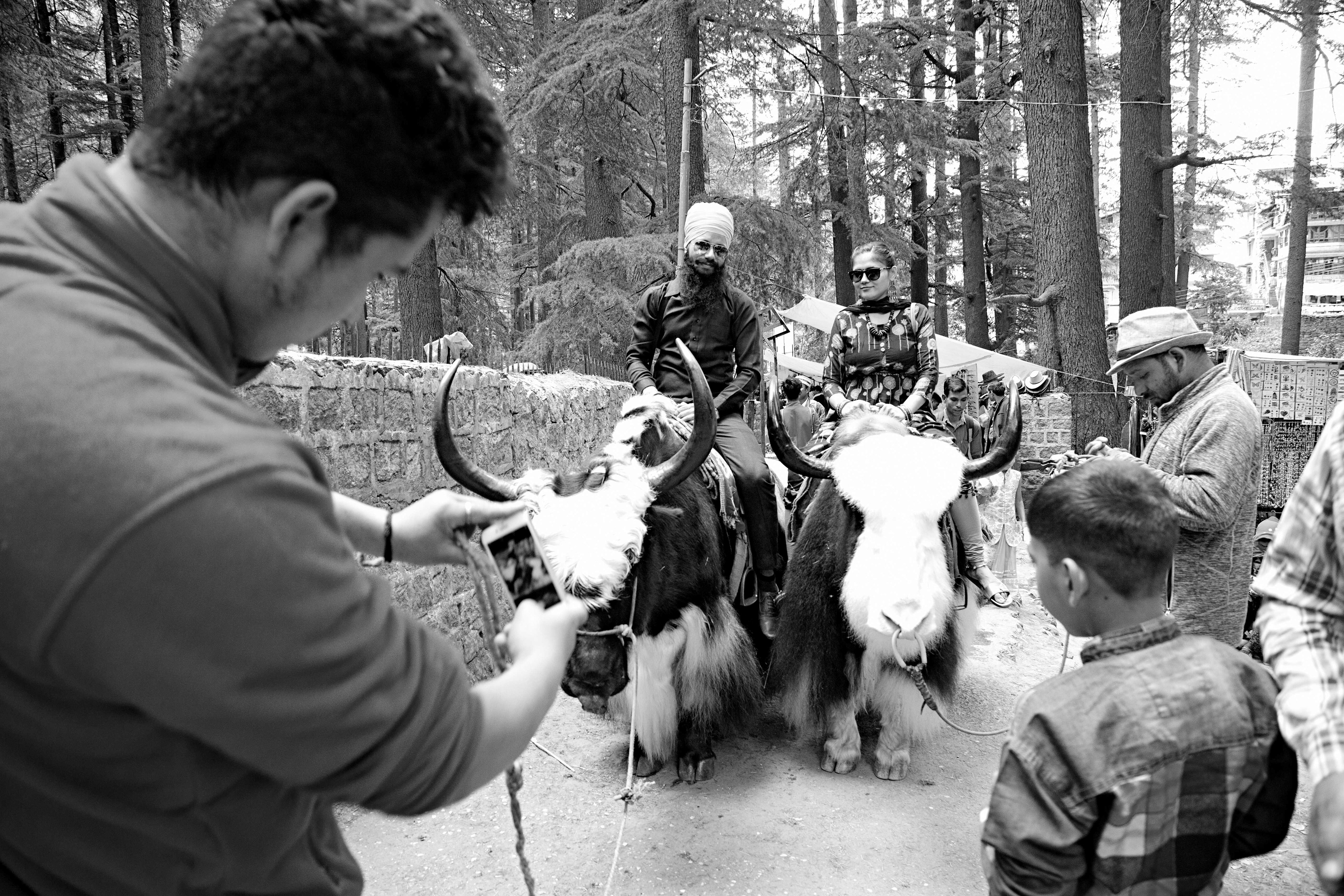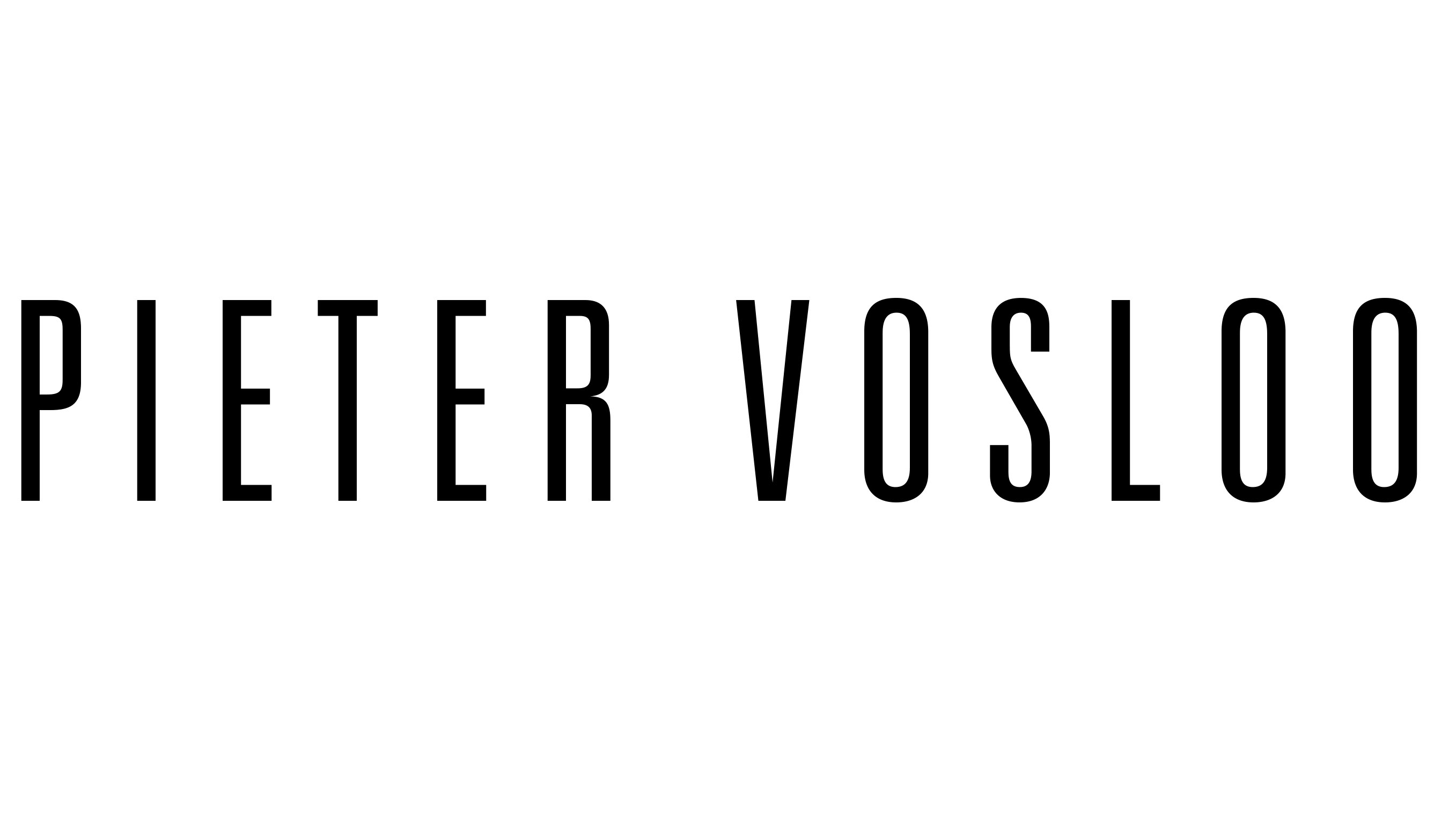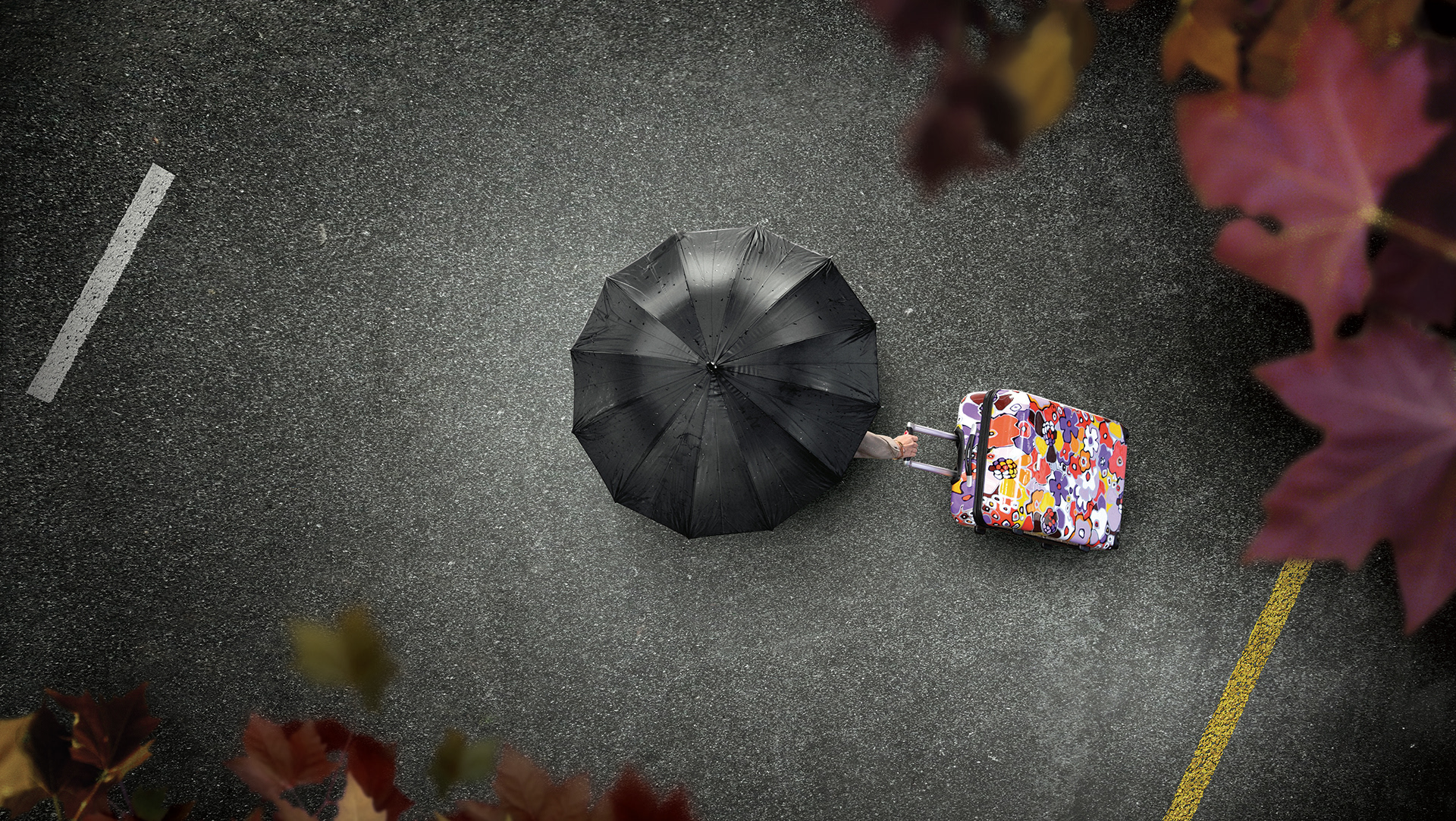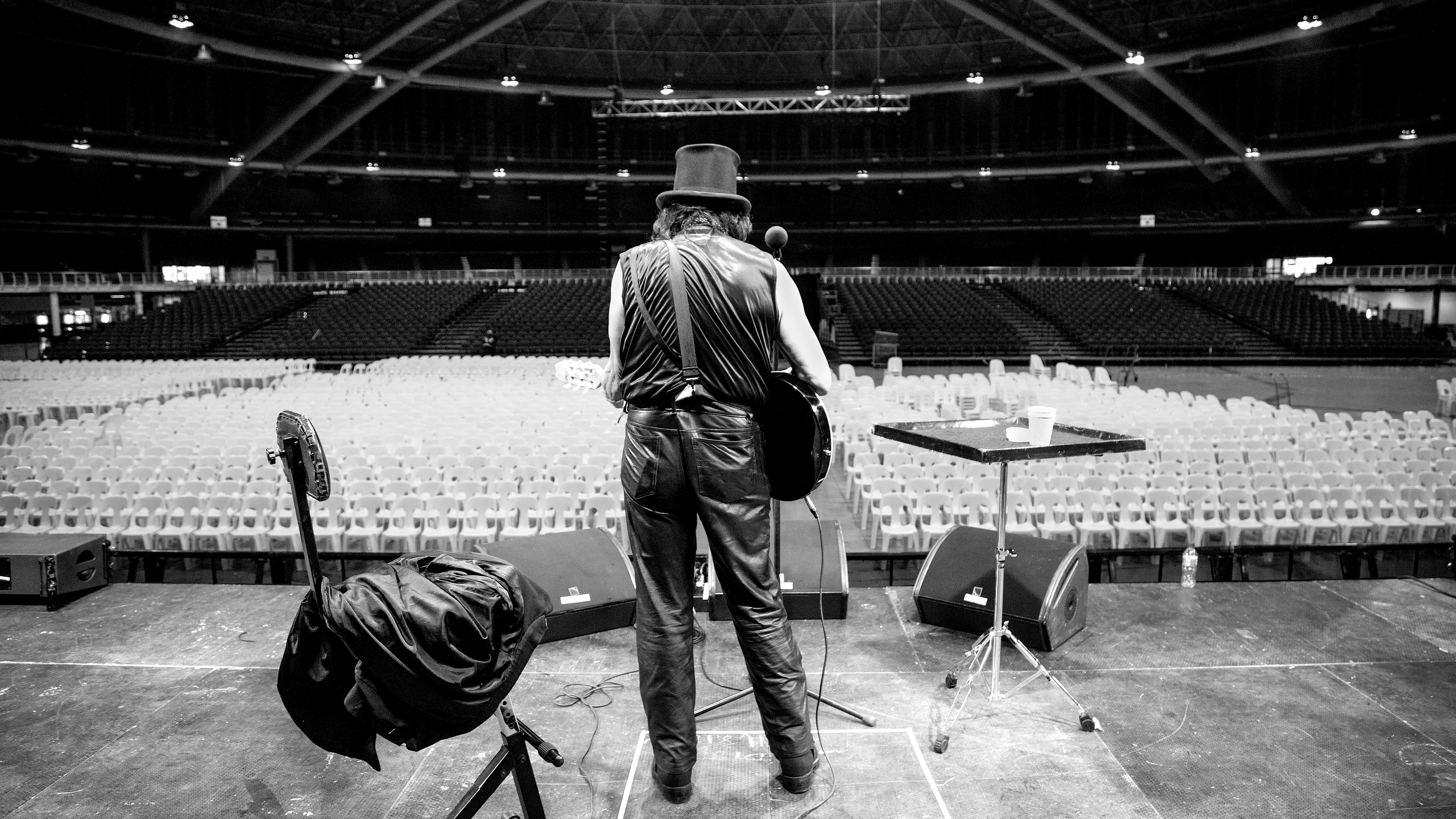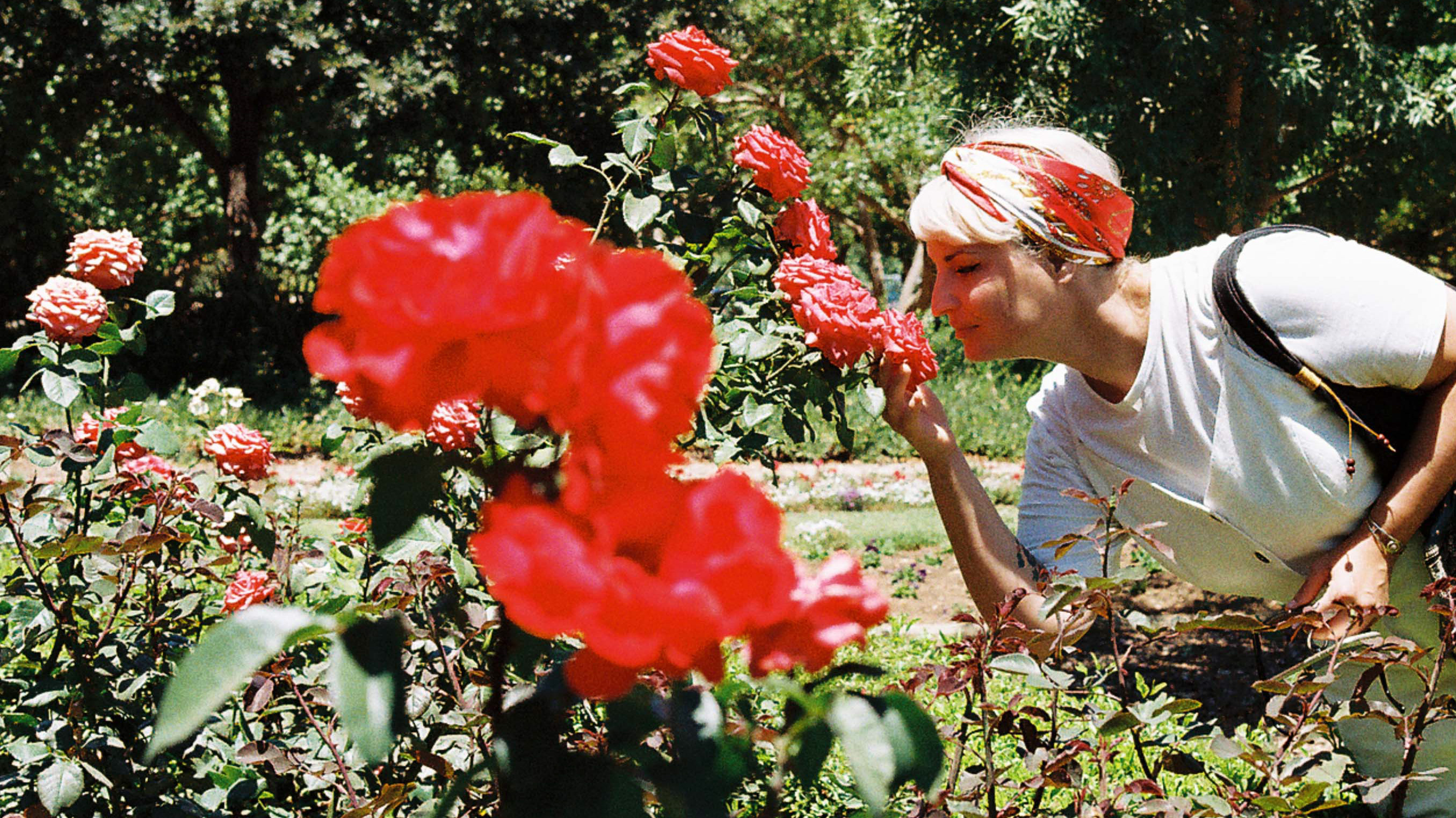Oman - Hud Hud Travels
Oman — what a breathtaking country, filled with hidden gems when it comes to culture, food, and sea life.
Last year, I had the incredible opportunity to film a two-week FAM trip across Oman, and what an experience it was. From the warm hospitality to the untouched natural beauty, every moment was a story waiting to be told.
KIDS WITH GUNS - LAMAYURU
After twelve months of planning and countless miles traveled—by plane, bus, and taxi—I finally arrived at Lamayuru Monastery, one of the oldest and most revered monasteries in Ladakh, India. Nestled in the Himalayas, Lamayuru is famed for its annual Mask Dance Festival, held during the fourth and fifth months of the Tibetan lunar calendar.
I came with a plan—to document the sacred energy of the festival, to capture the vibrant, swirling robes and the solemn beauty of ritualistic movement.
But as I stood behind my lens, something unexpected happened.
Instead of focusing on the elaborately costumed monks performing age-old dances, my attention shifted to the local children, running through the monastery grounds with plastic toy guns, weaving between centuries-old stupas and sacred spaces.
It wasn’t what I had planned to shoot—but maybe it was what I needed to see.

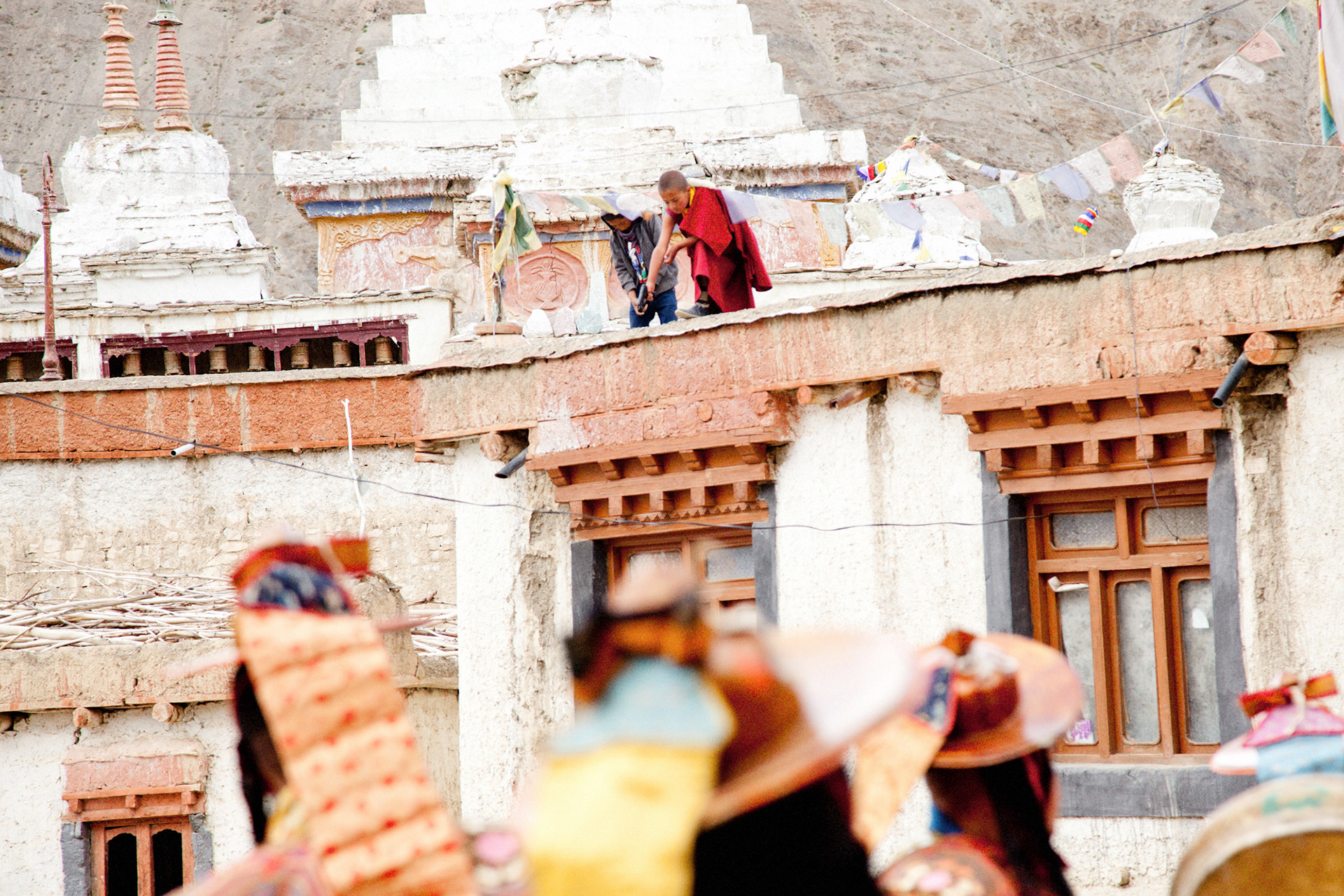

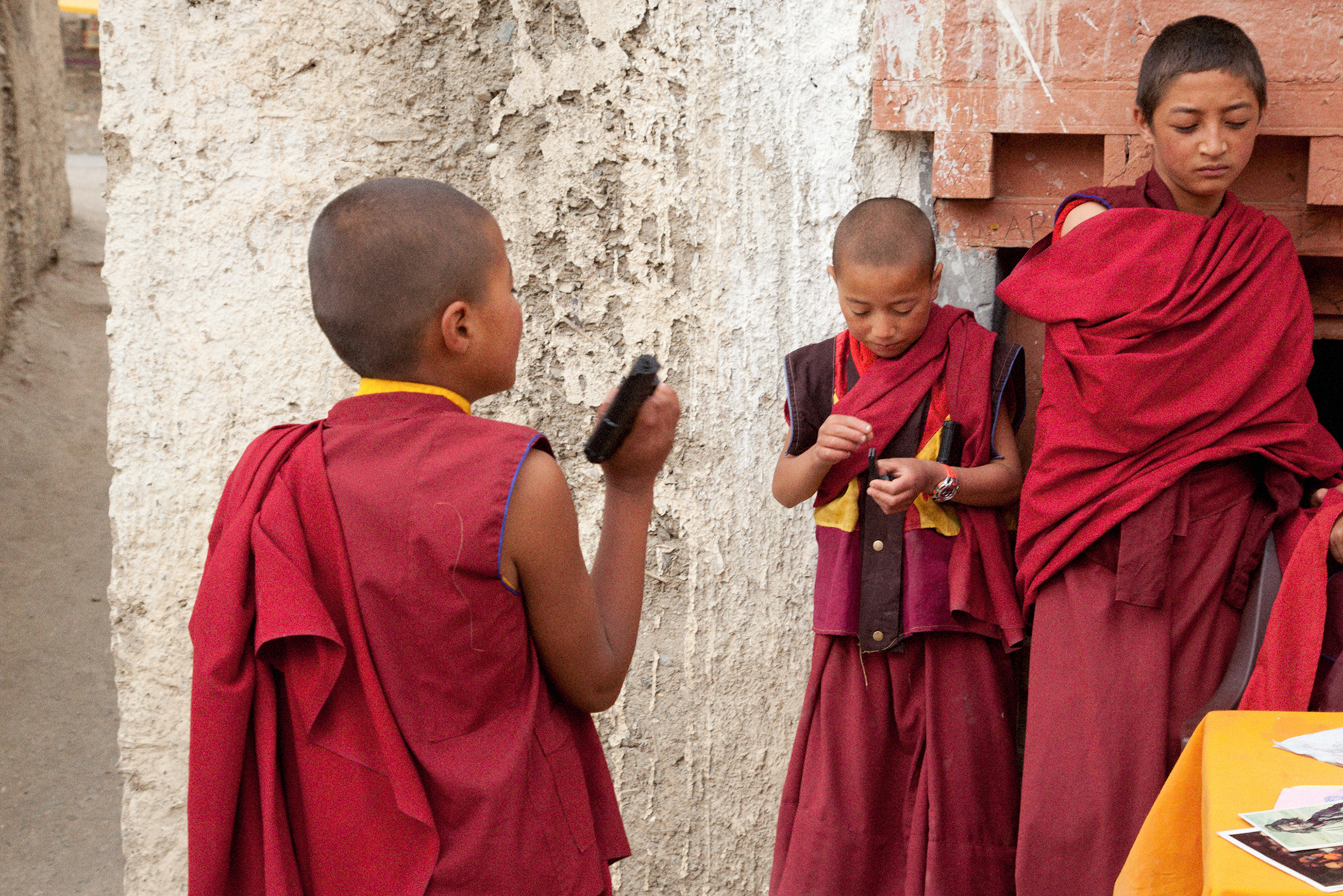
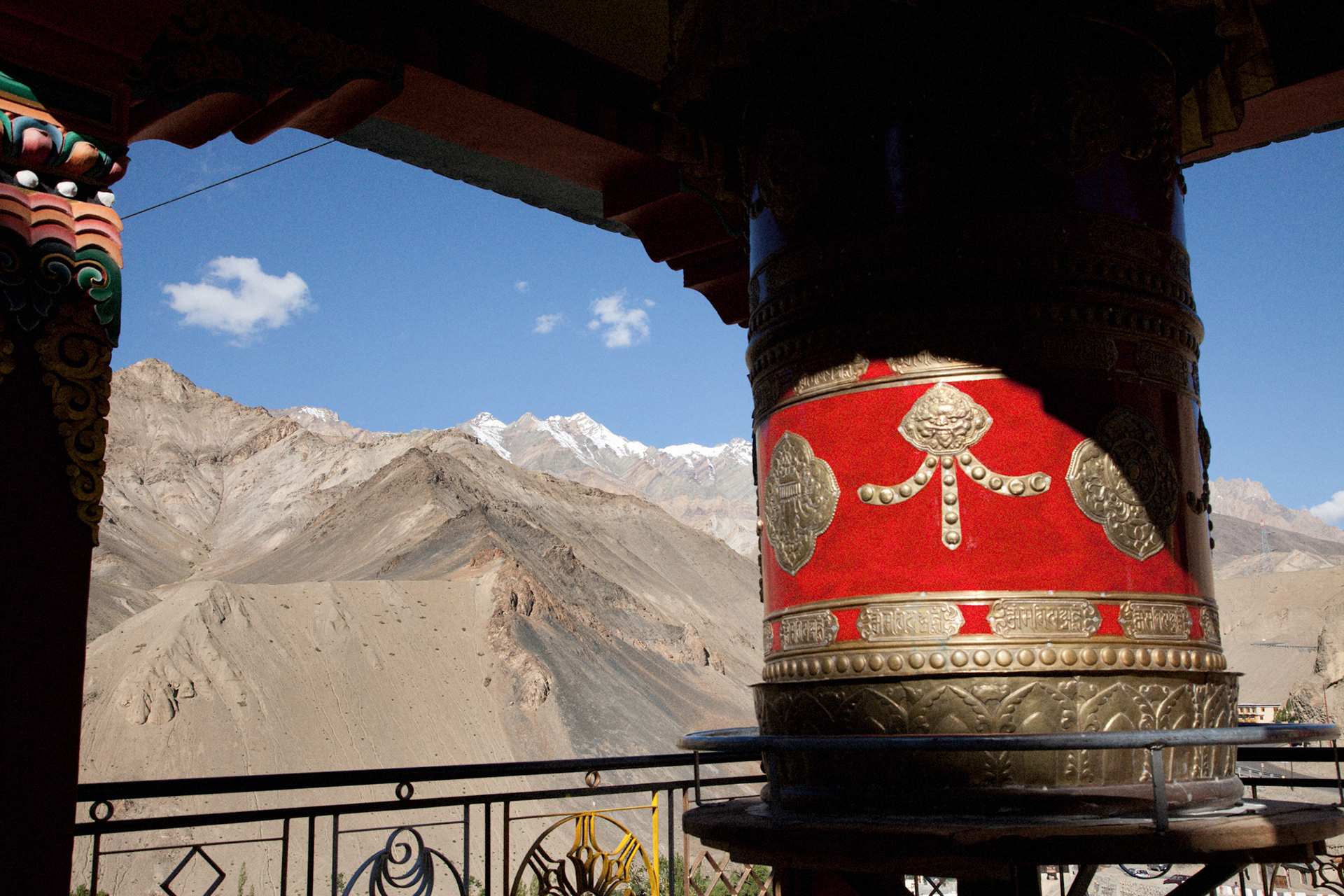






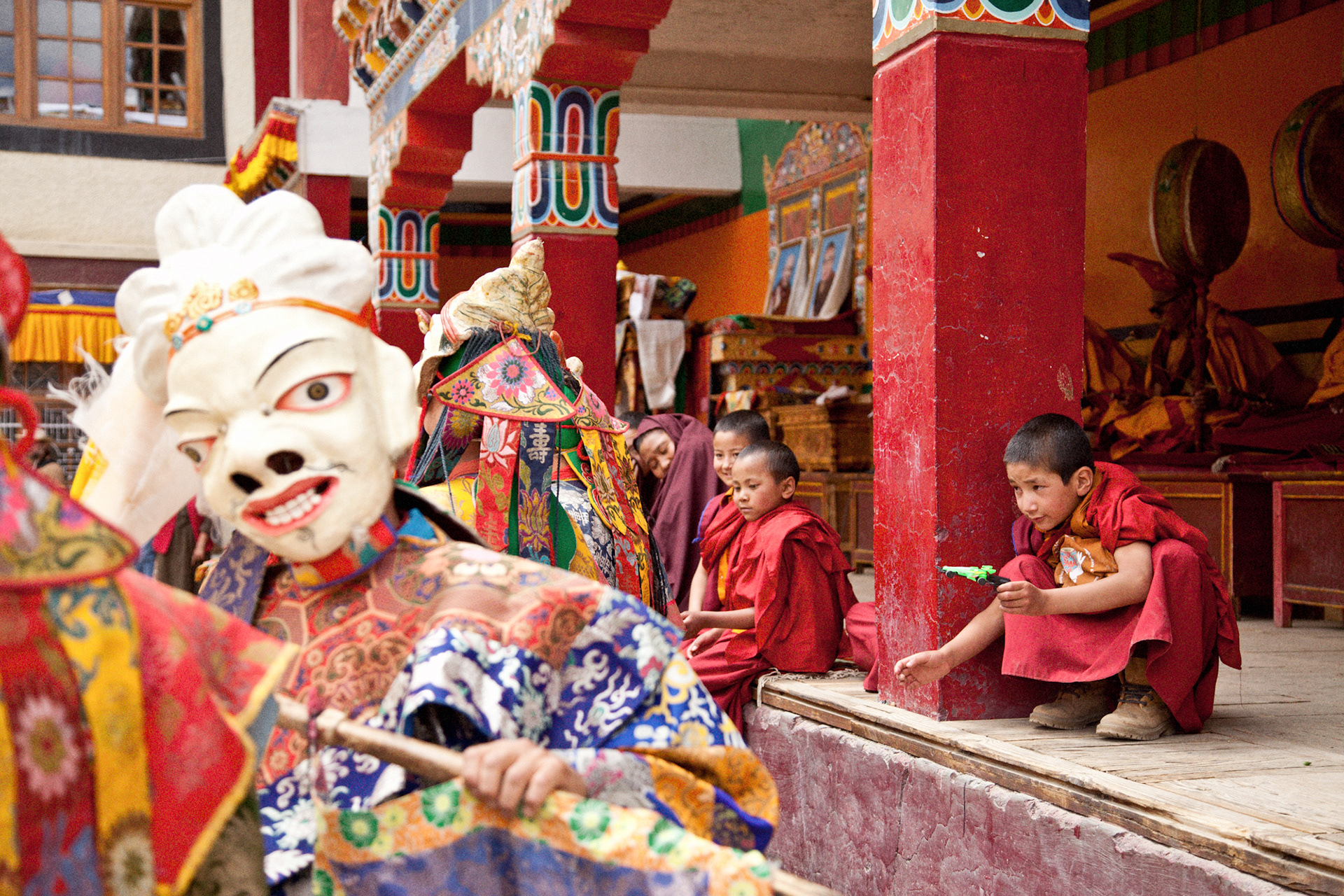
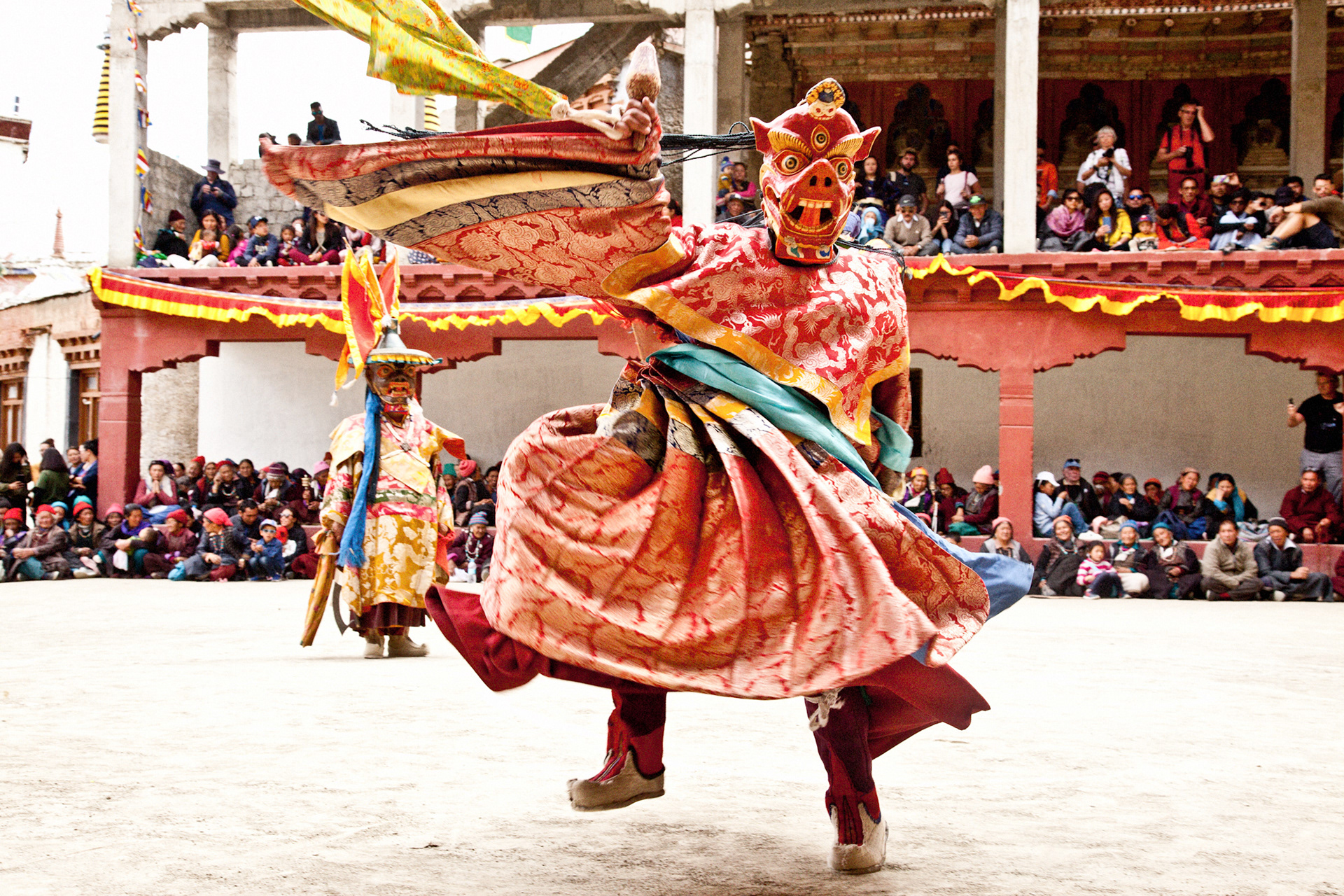
SANDRA - A Gypsy Story - SHORT FILM
India’s caste system is a deeply entrenched social structure that divides people into hierarchical categories. Members of the so-called “higher” castes hold greater social status and privilege, while individuals in the “lower” castes often face systemic discrimination and marginalisation.
Among those residing on the lower rungs of this system are the Kalbeliya and Bopa castes—traditionally nomadic communities known for their music, dance, and storytelling. Once admired by kings and maharajahs for their exotic entertainment, they now often live on the fringes of society, both literally and figuratively.
Sandra is a member of the Kalbeliya caste—a modern-day gypsy—living on government land on the outskirts of Pushkar, Rajasthan. A single mother of three boys, she earns a living alongside other women in her community by captivating tourists: dressed in vibrant colors, adorned with makeup and jewelry, they offer chai, henna tattoos, and a chance to sit around a traditional campfire—at the visitor’s expense.
This is how I met Sandra. From the beginning, she stood out among the other women. There was something raw, charismatic, and real about her energy. She invited me into her world—into her family's camp—where I met her children, snake charmers, and even a few "fake Sadhus" who play into the tourist gaze.
It was a culture shock, but one I deeply needed. It jolted me creatively and inspired the short film I eventually began: a documentary-style exploration of life on the edge of mainstream Indian society. I spent four weeks embedded with Sandra and her family, documenting the metamorphosis of an everyday mother into a dancer and performer by night.
This film is not just about Sandra—it’s about identity, survival, performance, and the hidden layers behind the smiles and shimmer of Pushkar’s gypsy women.
LINK TO FILM : https://youtu.be/lFt0WT28eVA?si=kuGEPdQkVXeIet1K
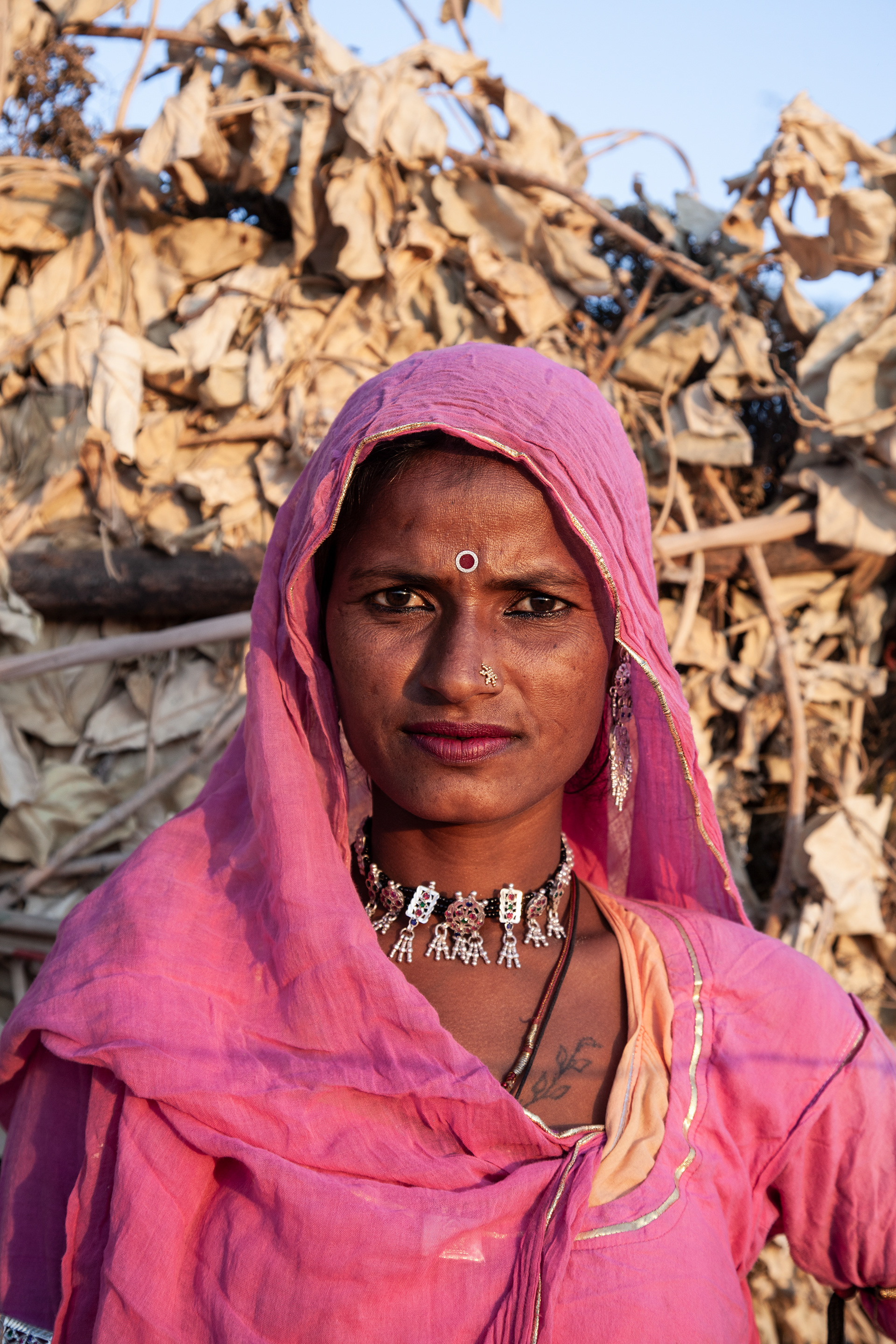
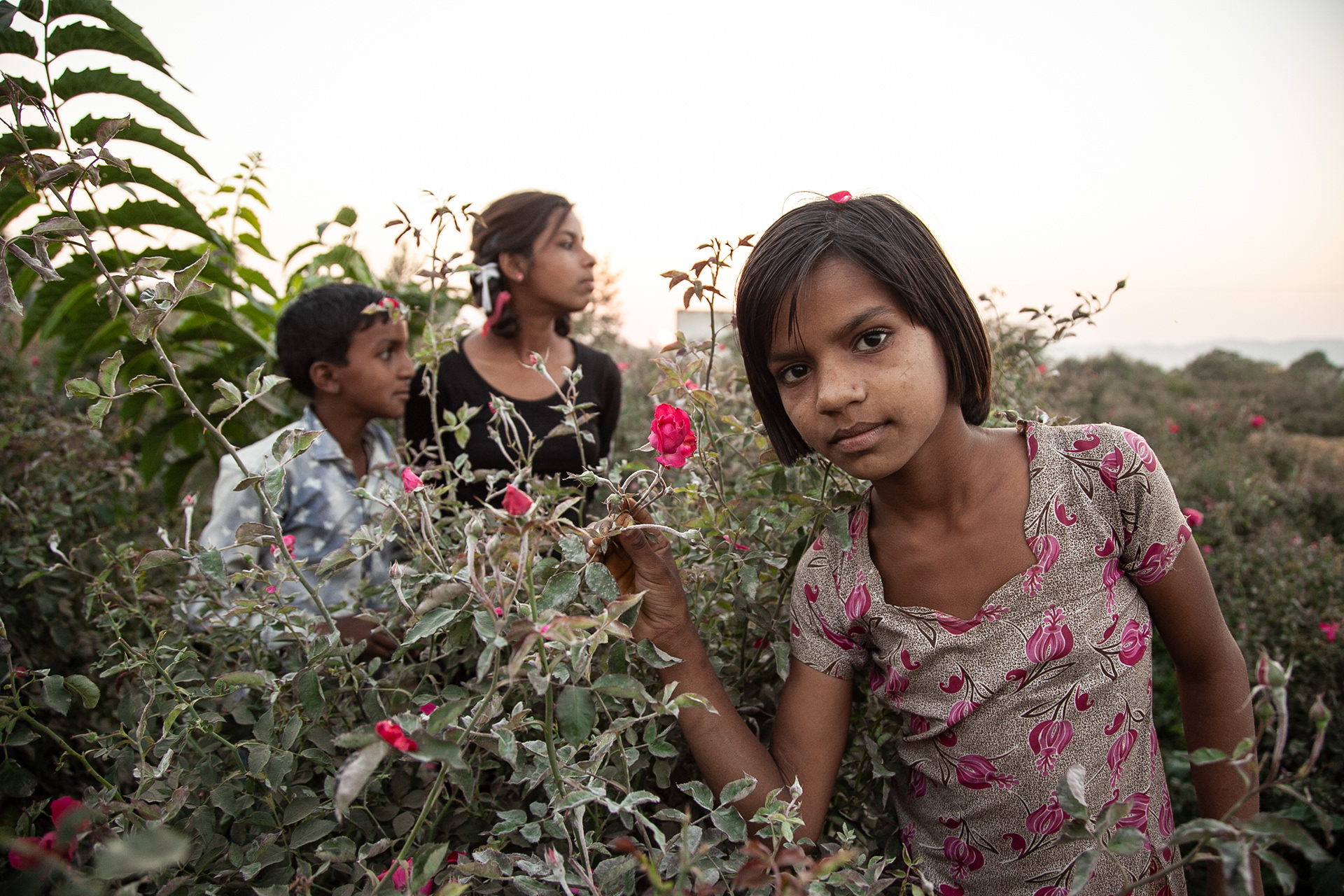








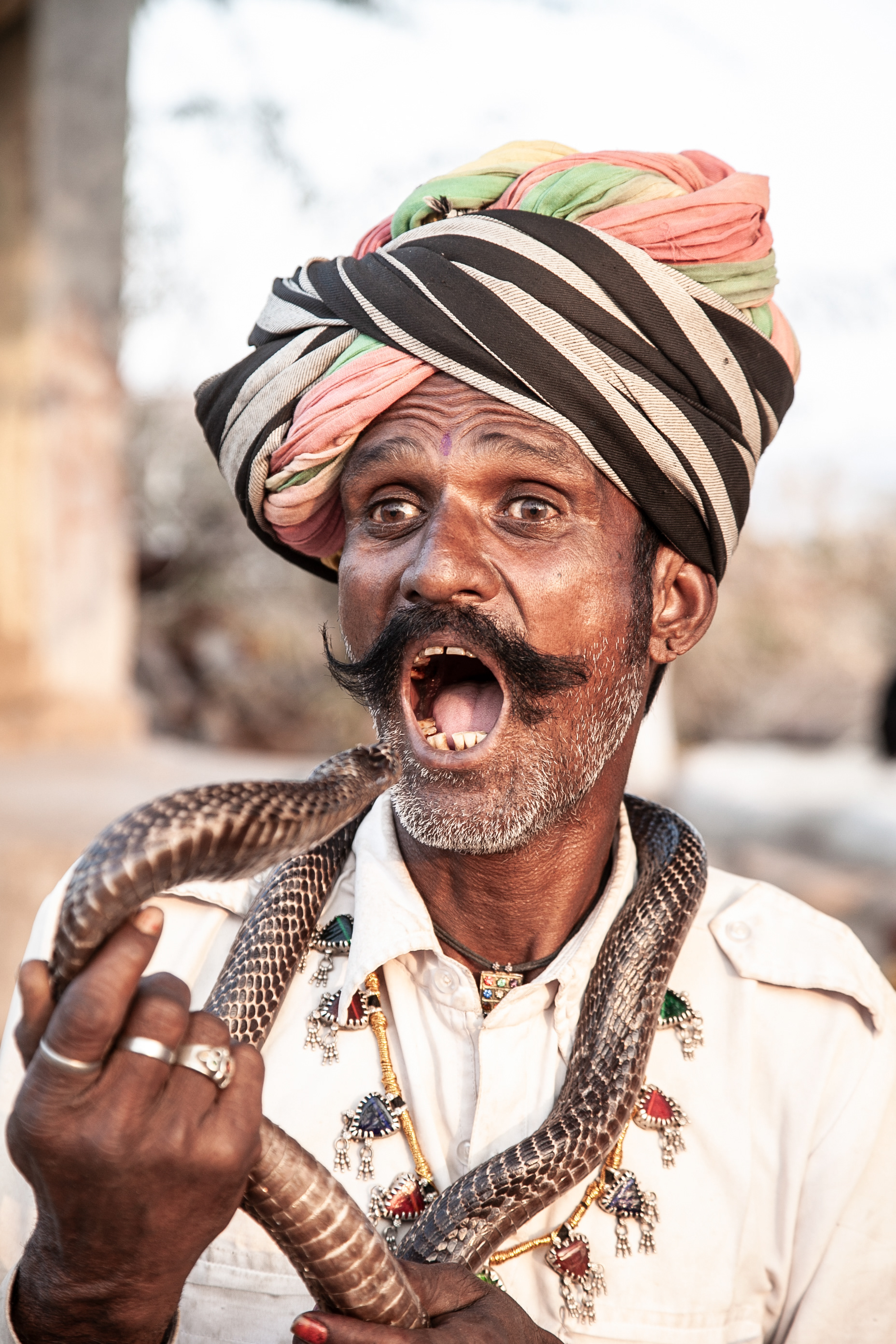
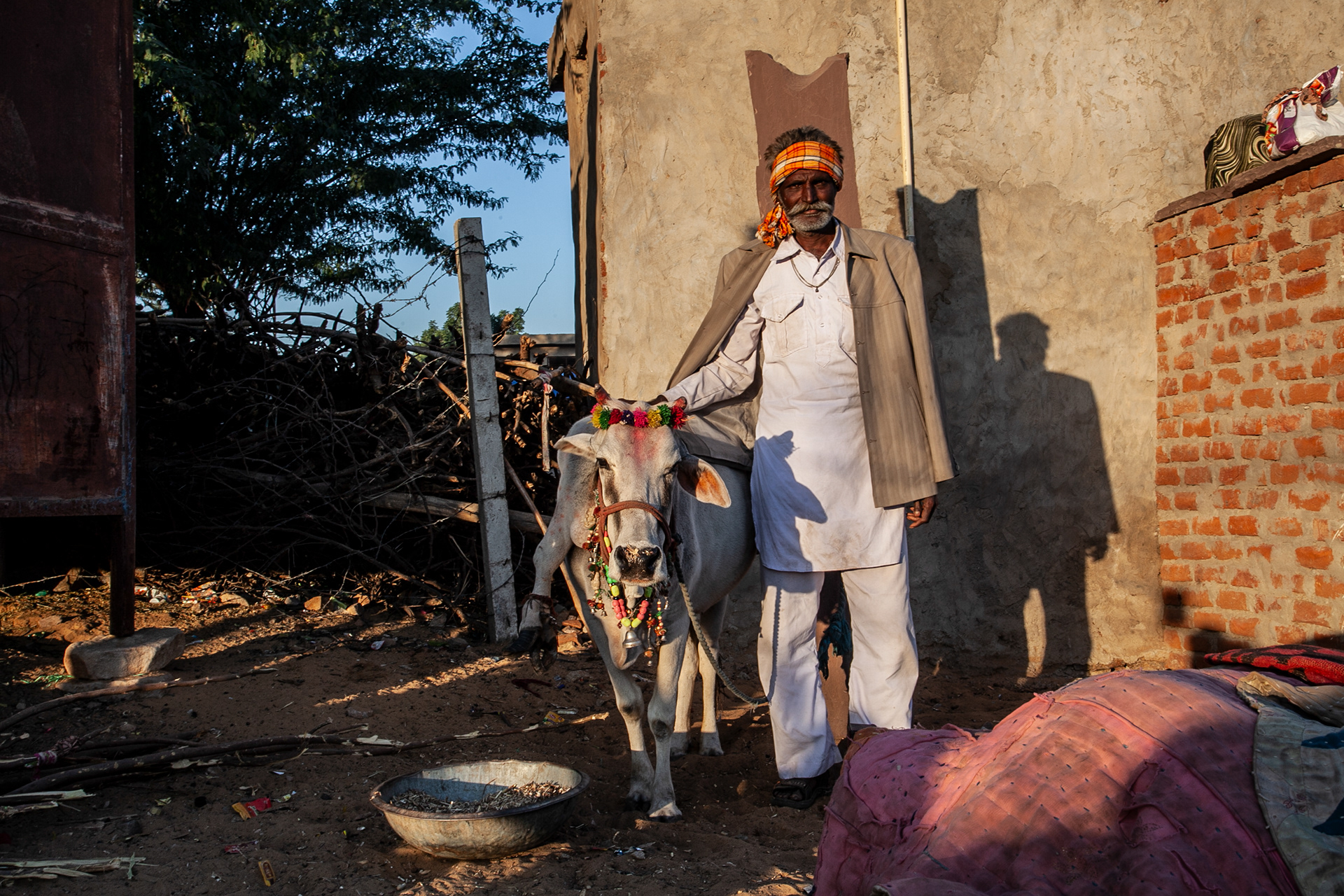
Water is Life - On Assignment for EBS Advisory
The ongoing drought in South Ethiopia has triggered a devastating domino effect, especially on children. With no proper infrastructure in place, access to fresh water requires immense physical effort. Children often have to walk miles alongside livestock and donkeys—used as work animals—to collect and transport water for their families.
These daily duties leave them with no time or opportunity to attend school, robbing them of education and the hope for a better future. The cycle of poverty deepens as a result.
In some areas, geothermal activity is used as a last resort to gather water. By placing branches over steam vents, locals can collect condensed droplets—yet this painstaking method can take up to 10 hours just to fill a single 5-liter bottle.
Water is life. Without it, education, health, and growth are out of reach for the next generation.
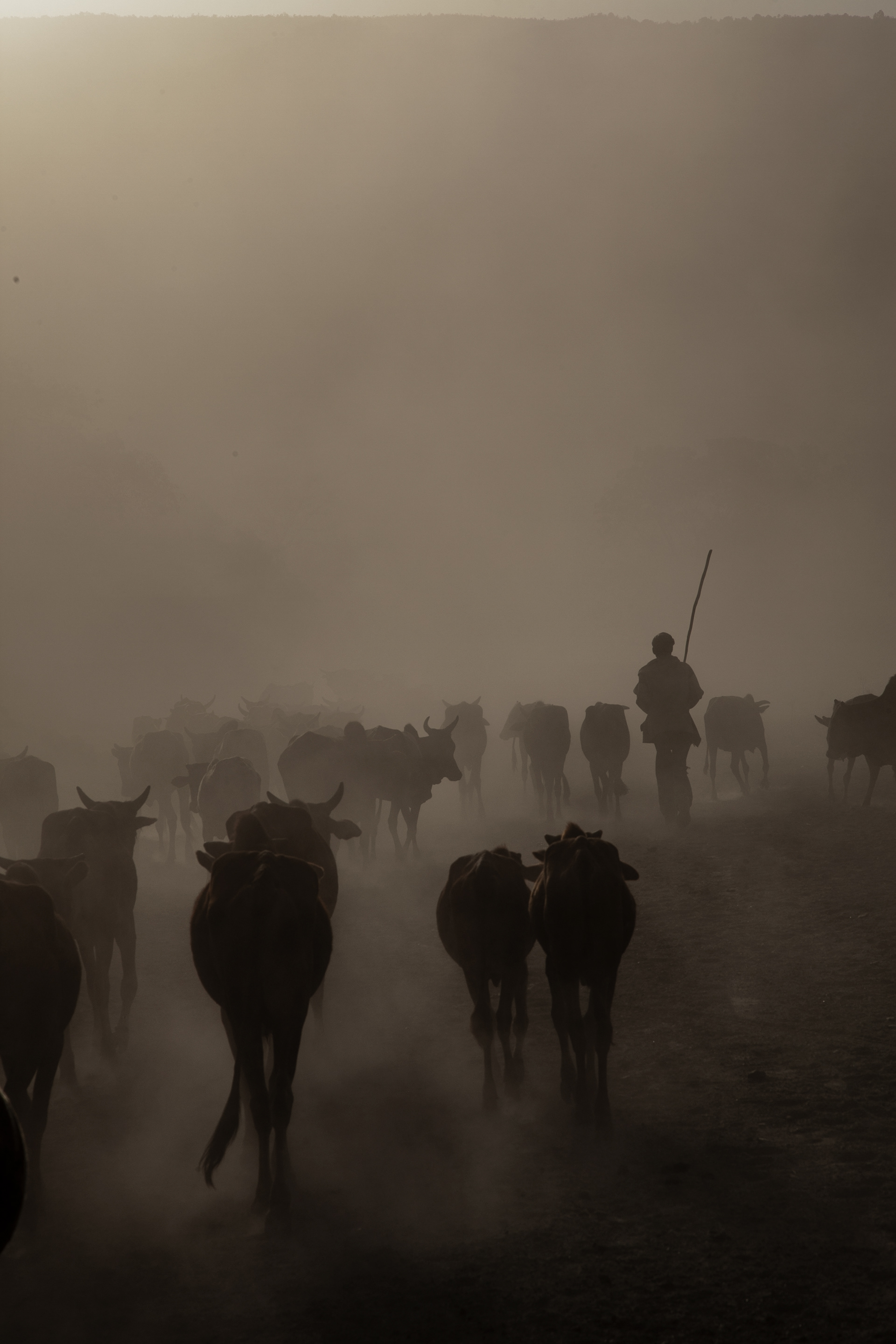
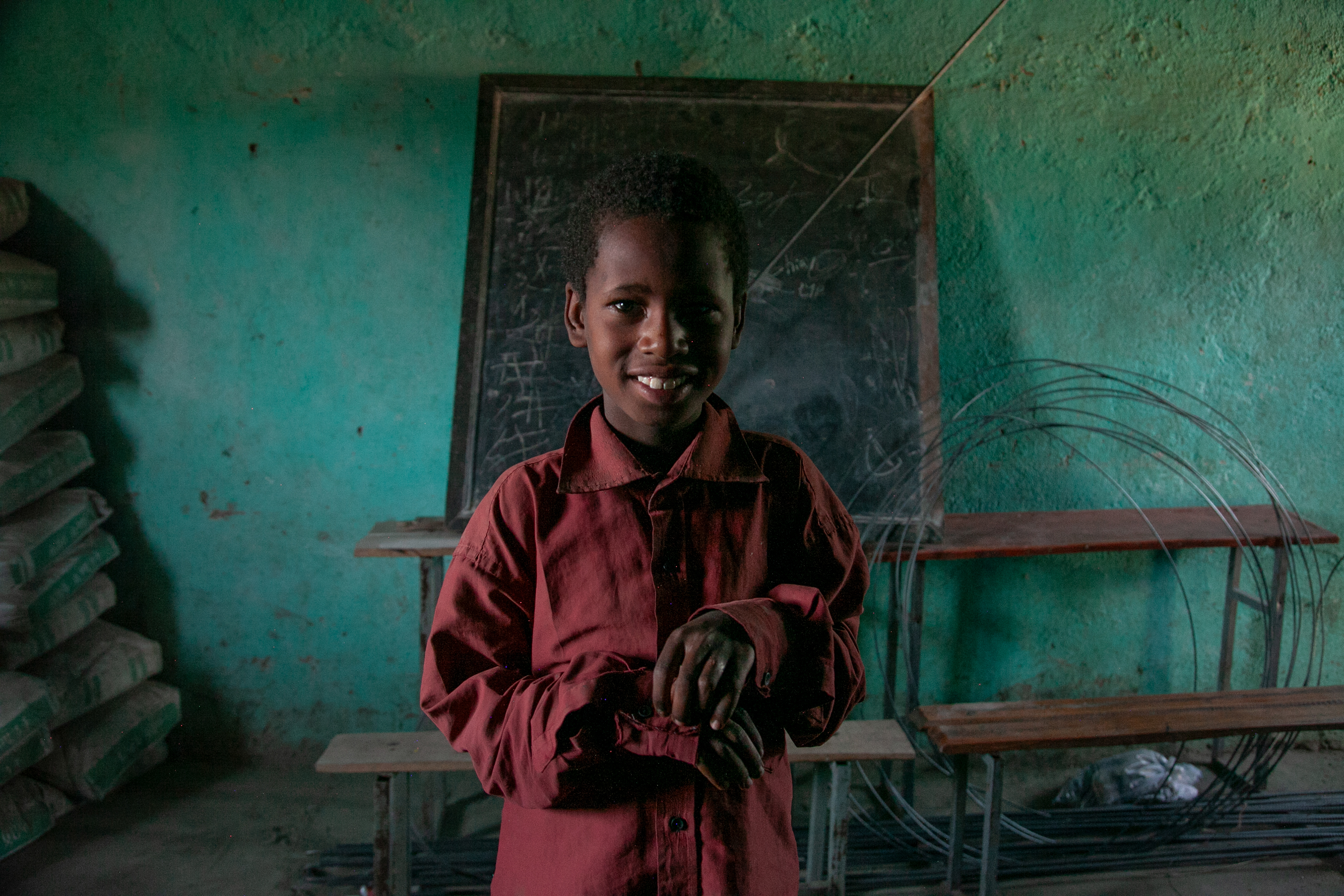
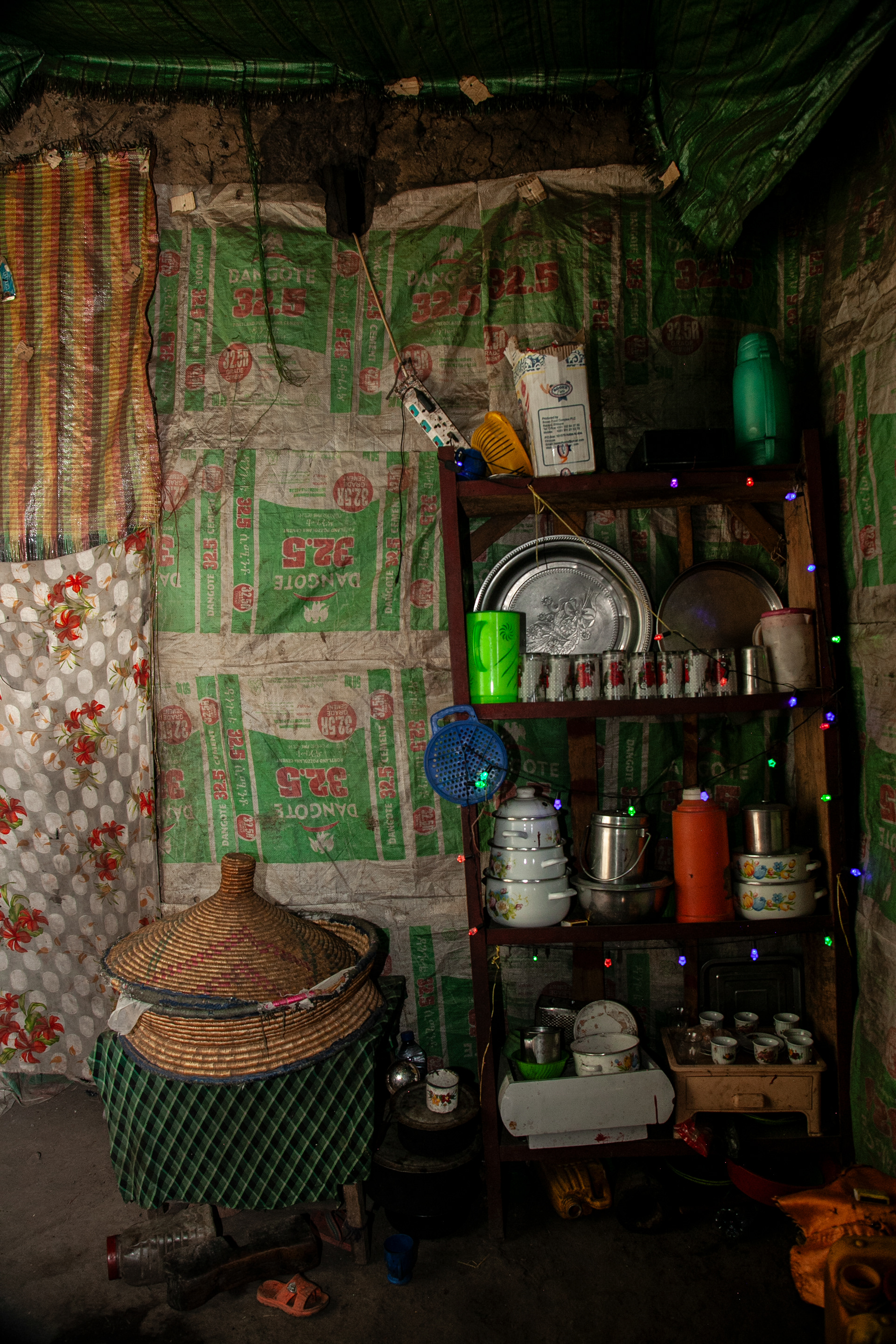
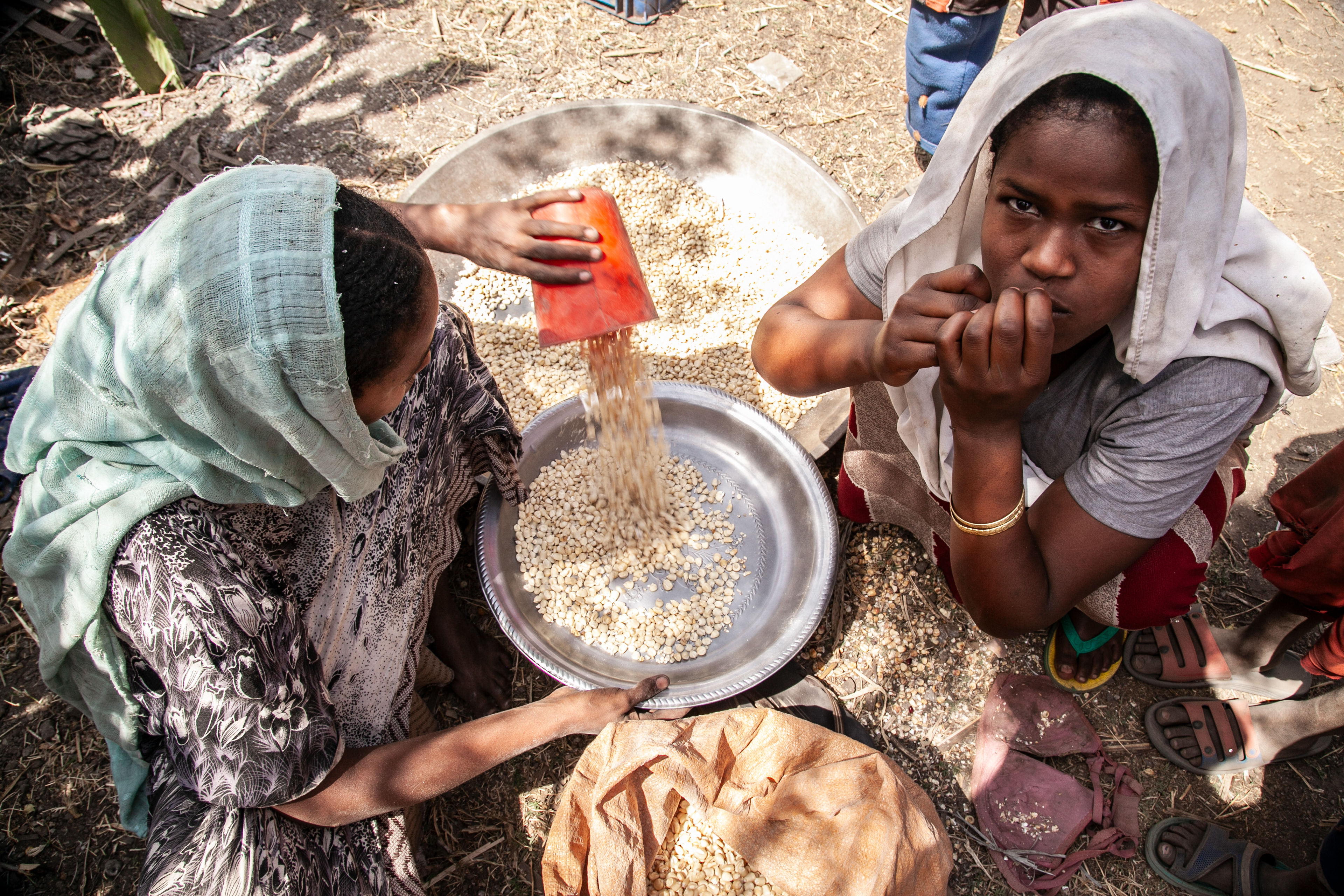
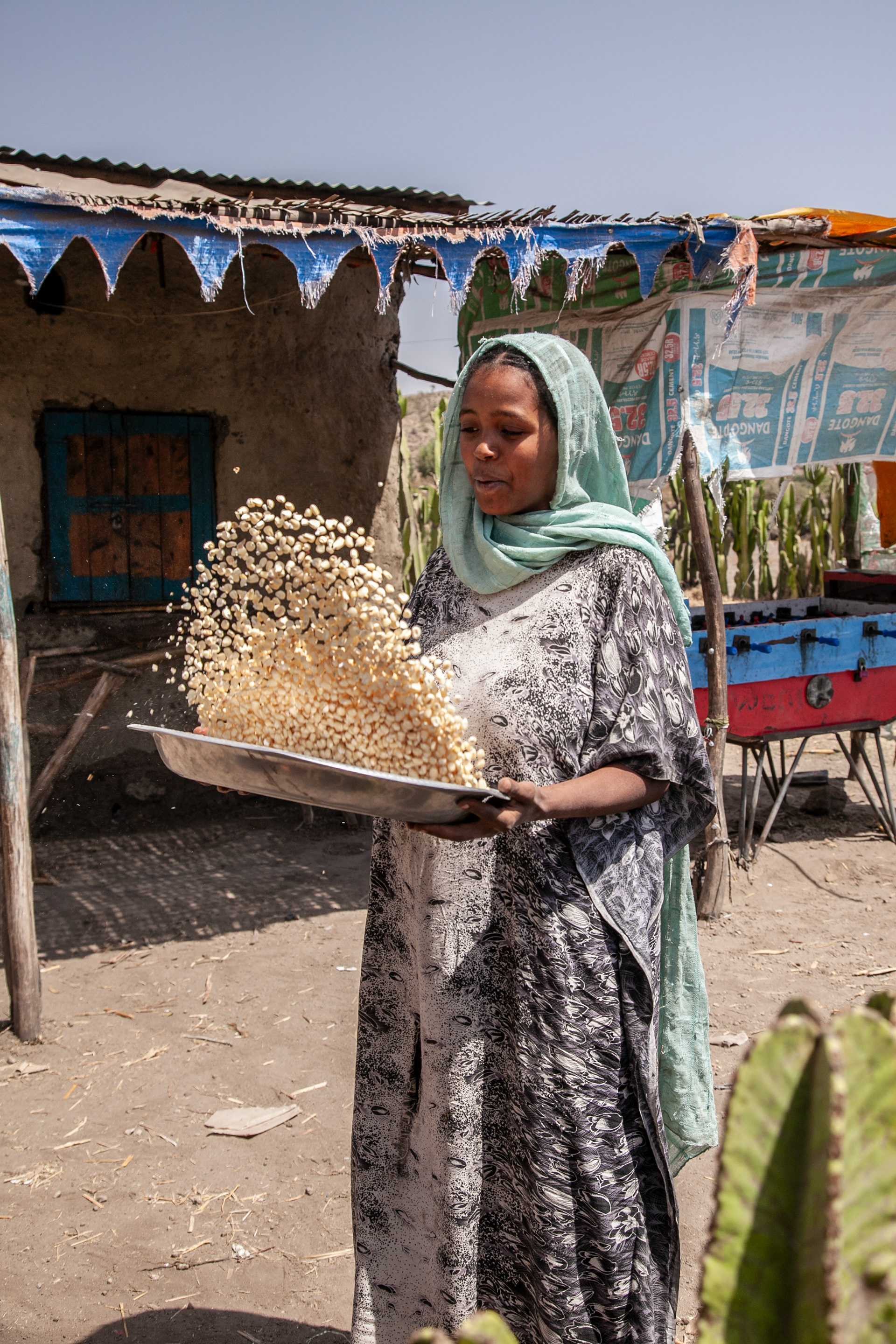
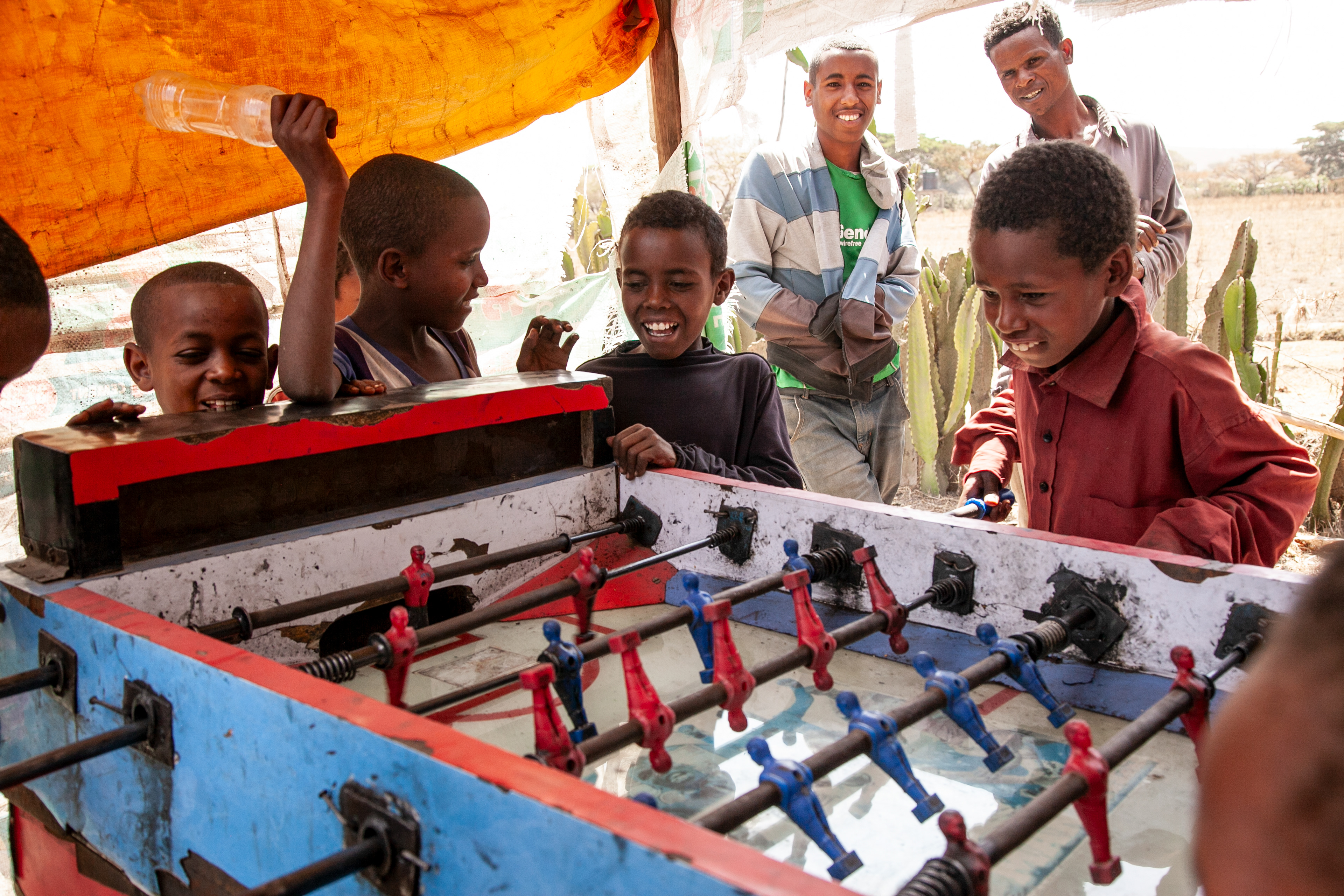
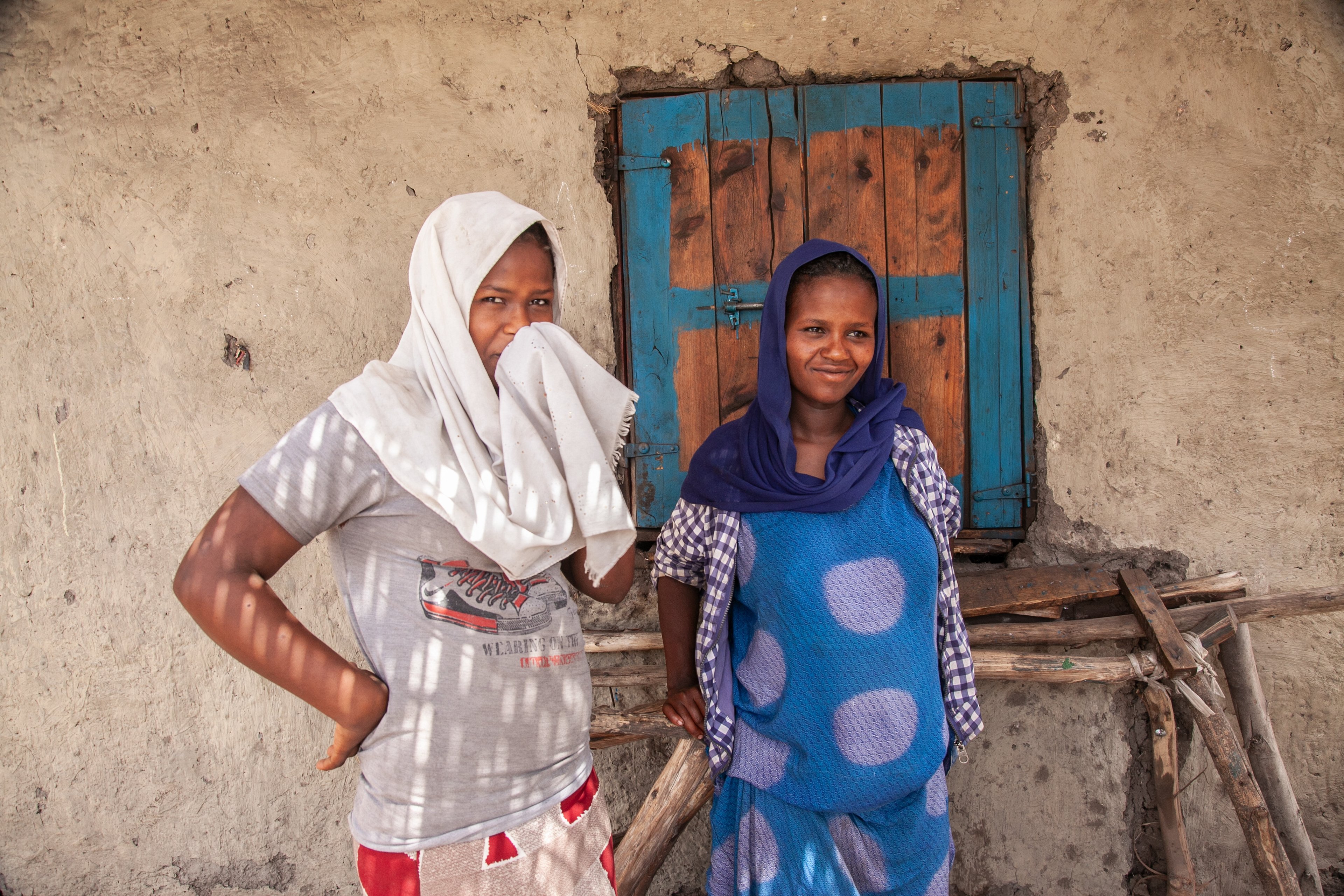
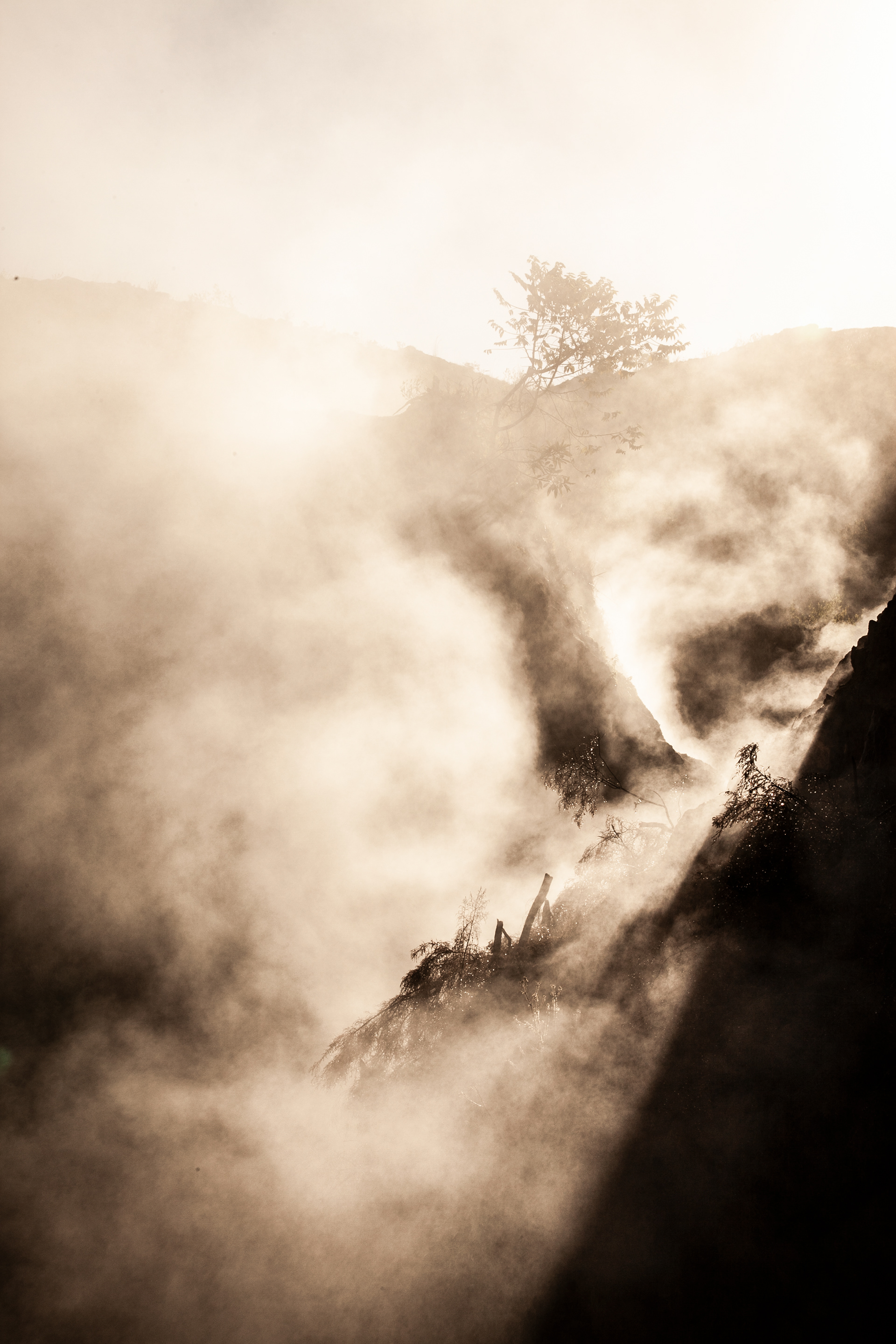

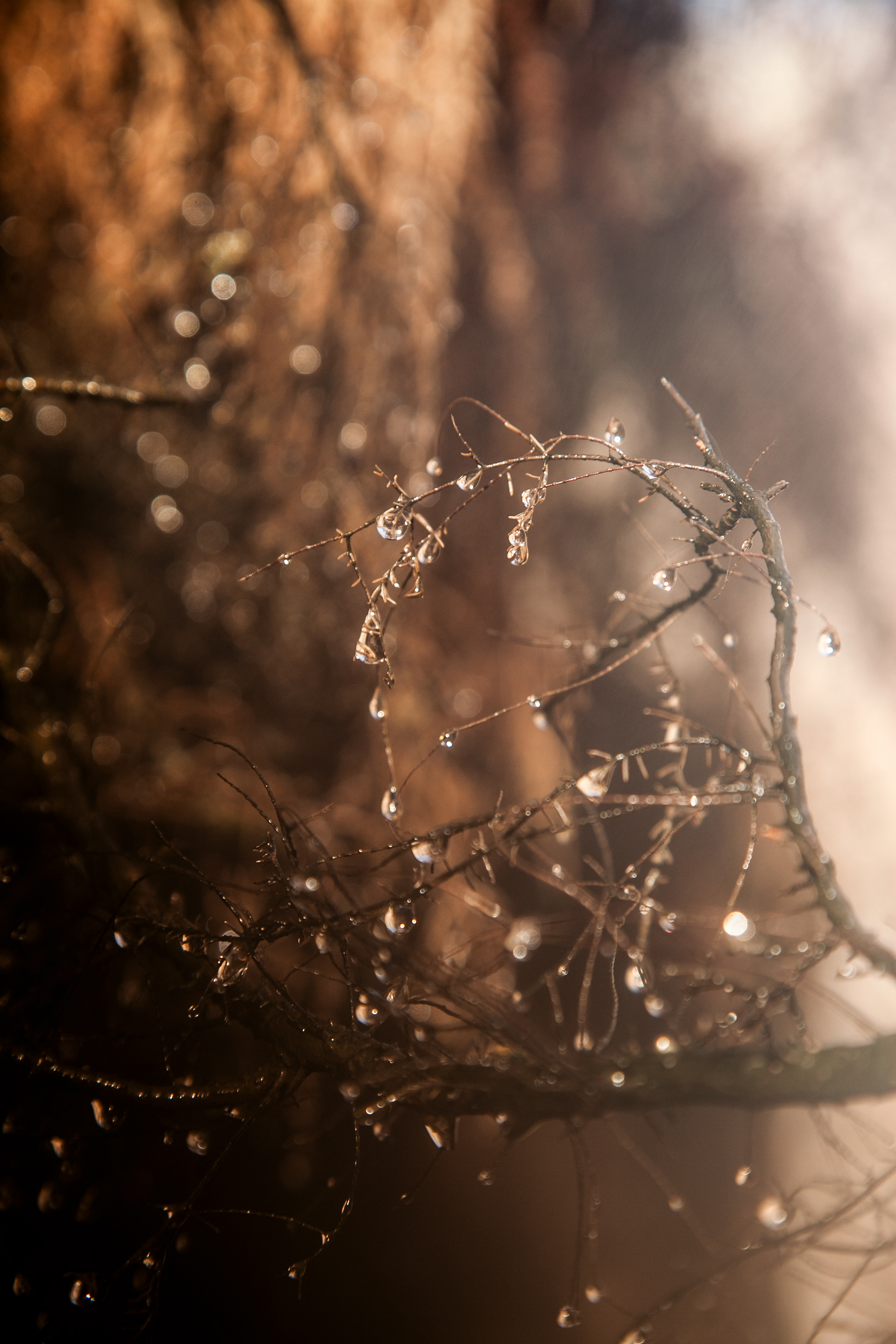
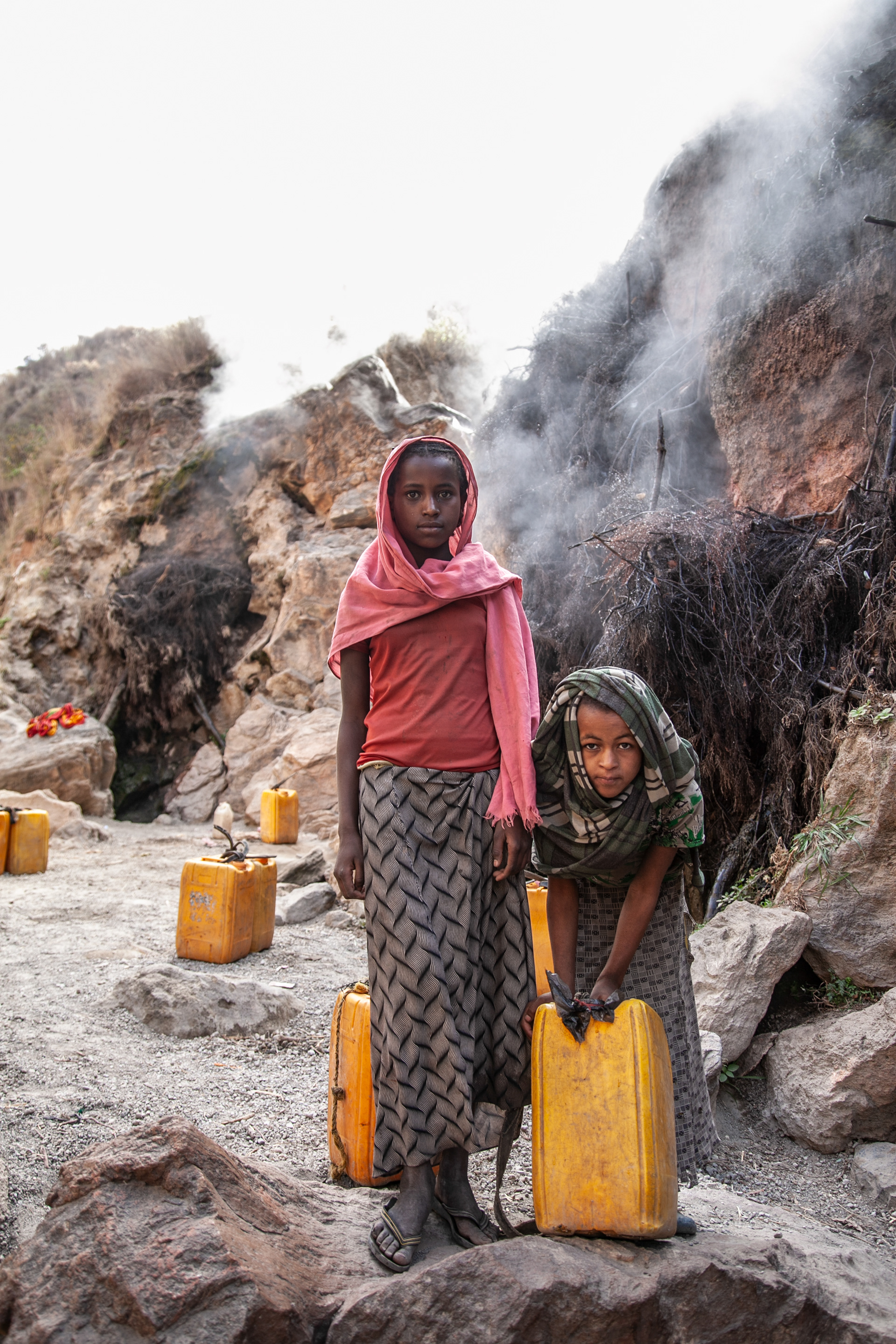
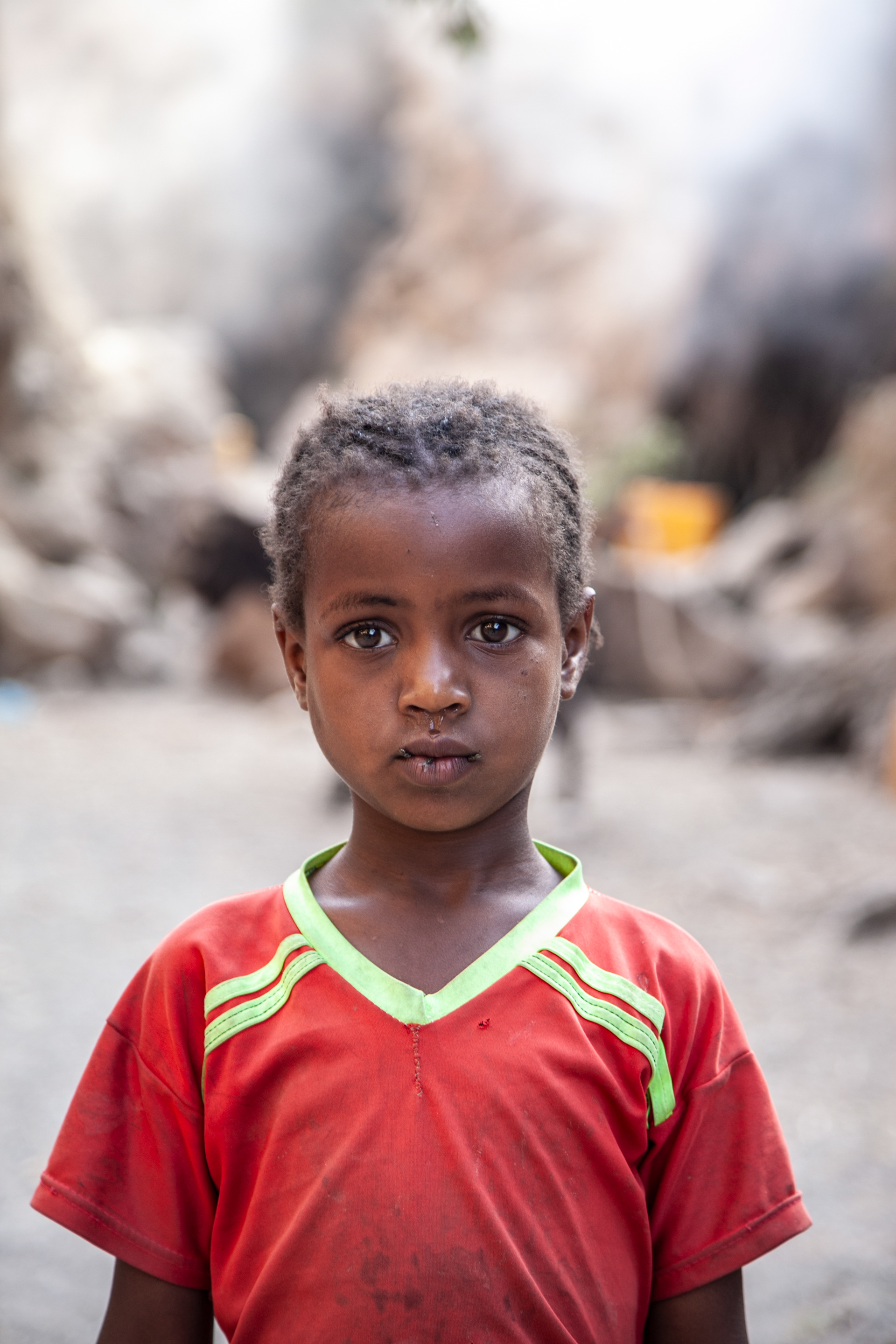
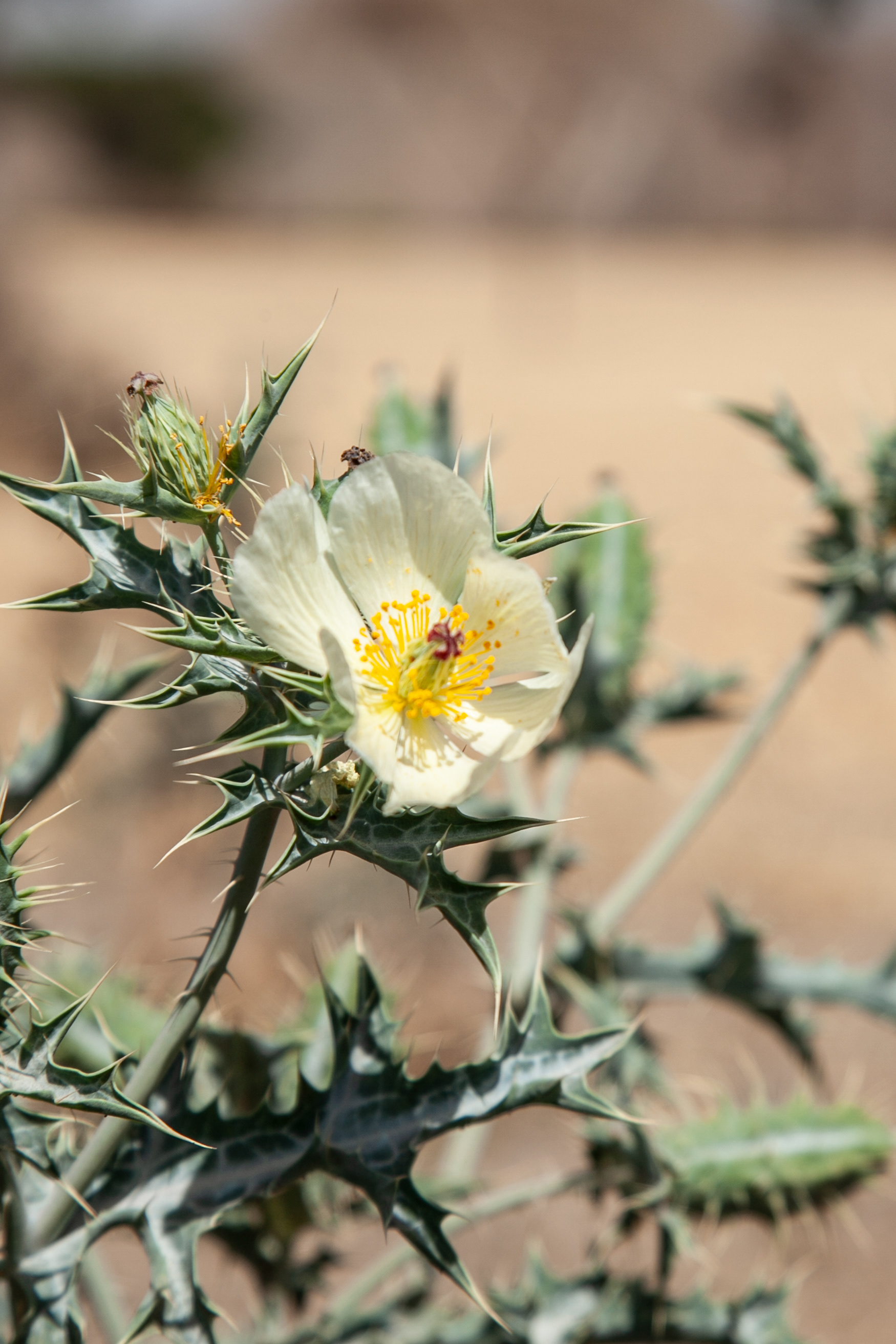
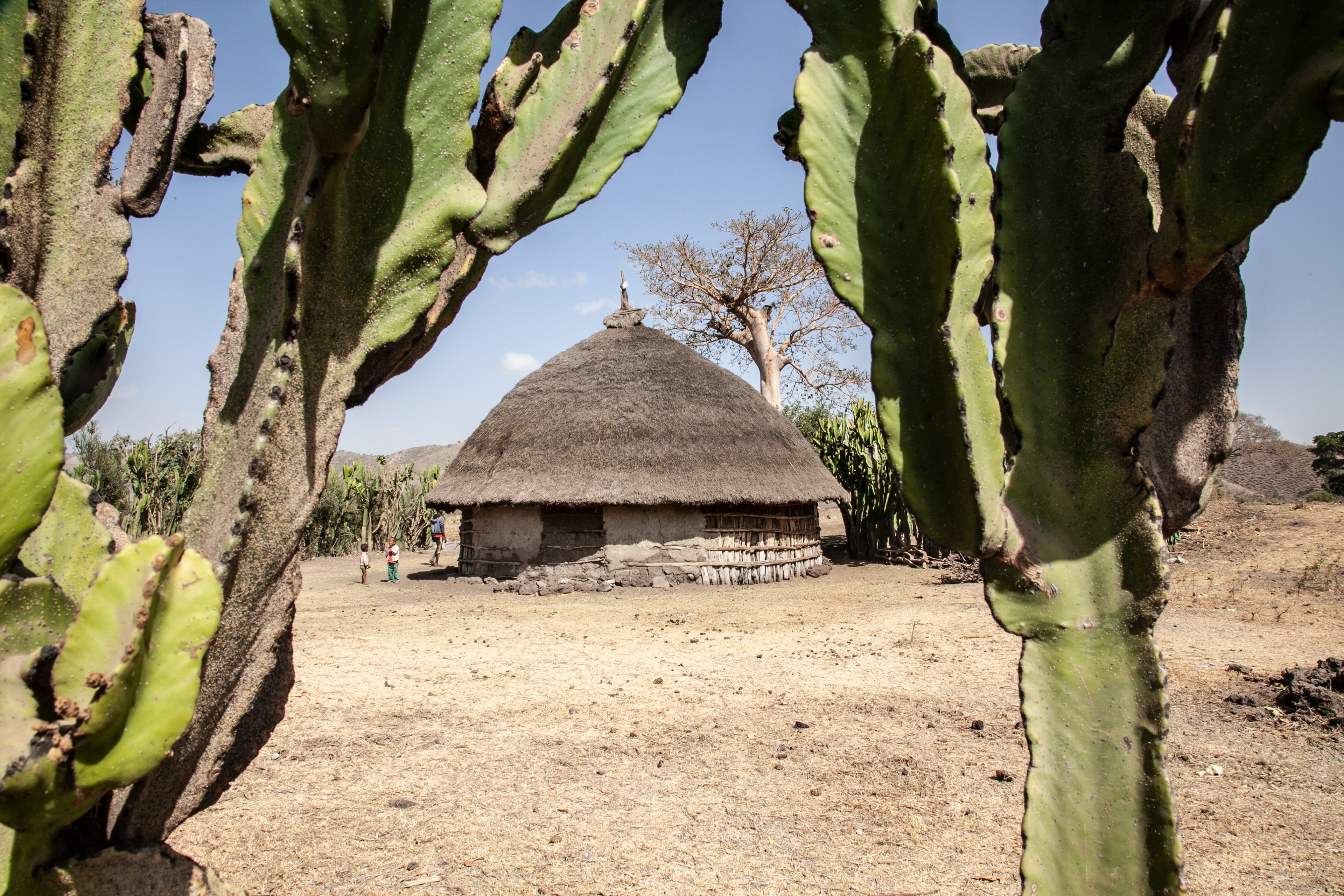
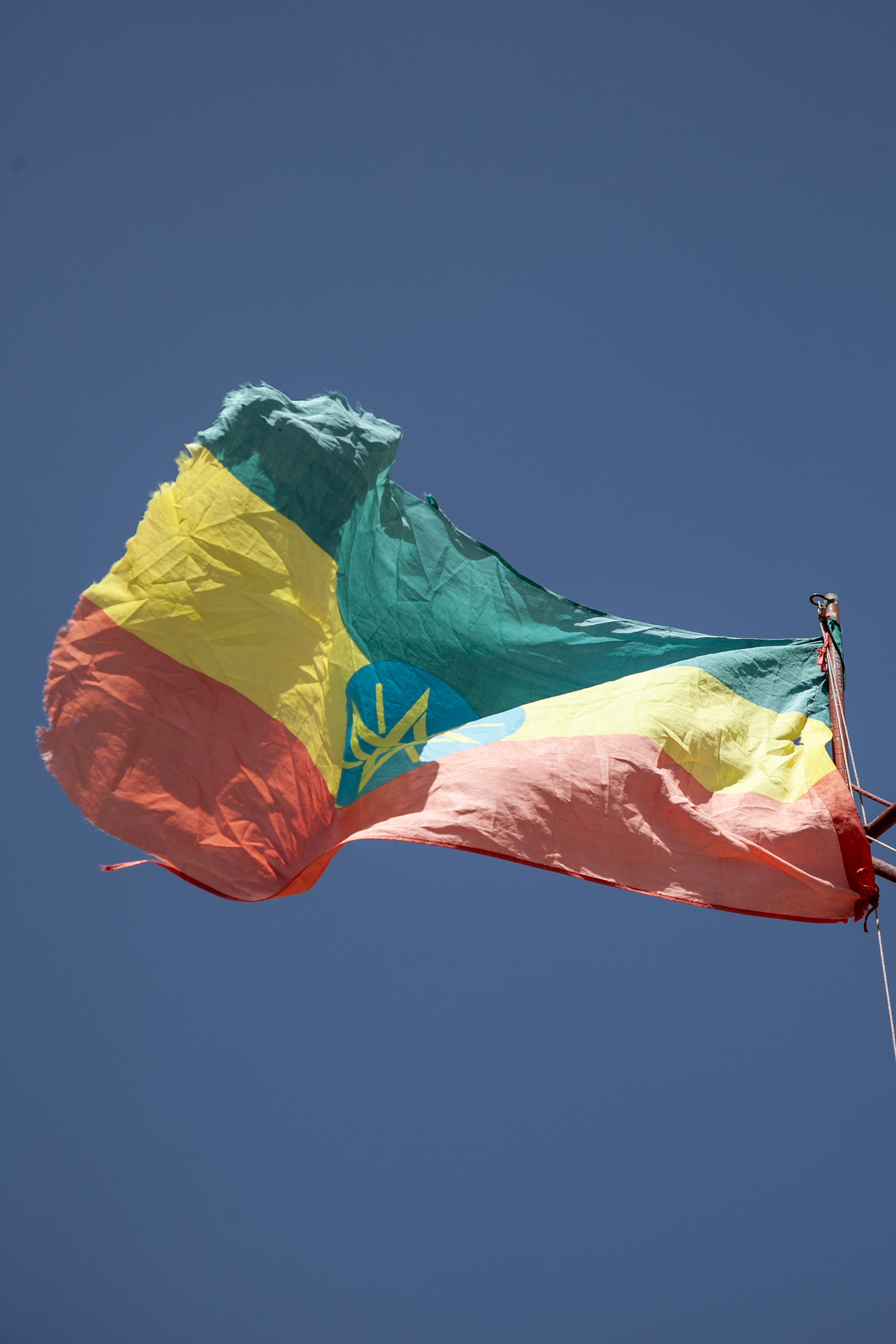
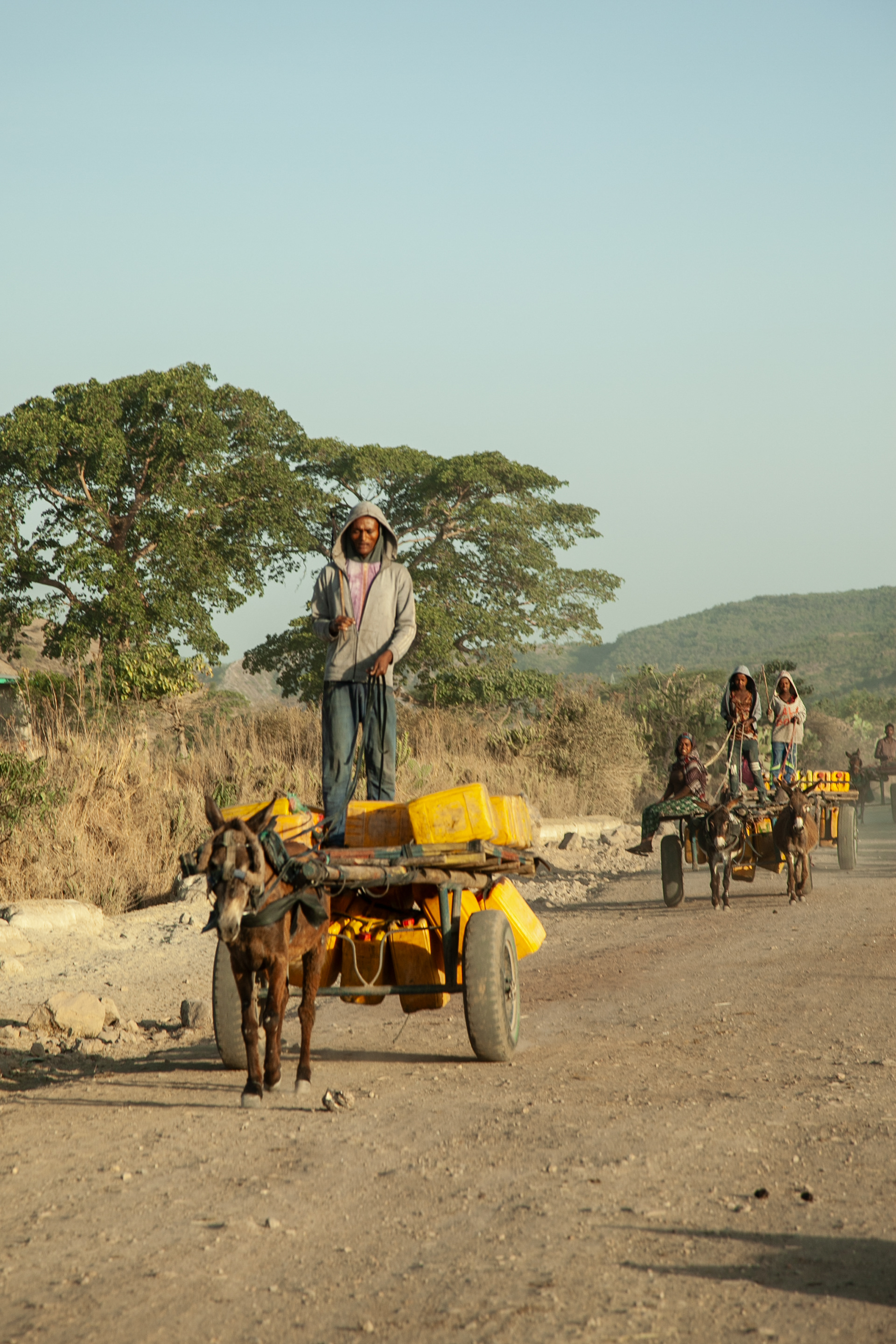
Old Manali, India — early morning light in the foothills of the Himalayas.
I met two friends cutting grass for their yak — a calm, patient creature they care for every day. They feed him, bathe him, and later guide him to the nearby temple, where visitors take photos with him to help the family earn a living.
Moments like these remind me how closely life, work, and devotion are woven together here.
I met two friends cutting grass for their yak — a calm, patient creature they care for every day. They feed him, bathe him, and later guide him to the nearby temple, where visitors take photos with him to help the family earn a living.
Moments like these remind me how closely life, work, and devotion are woven together here.
